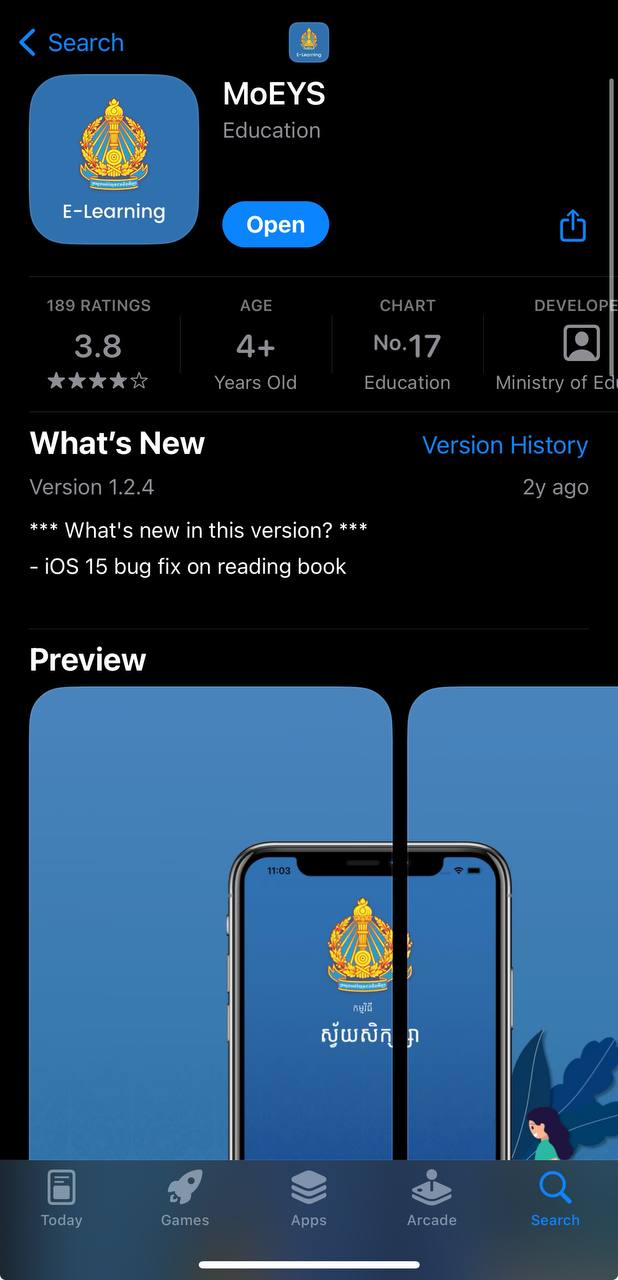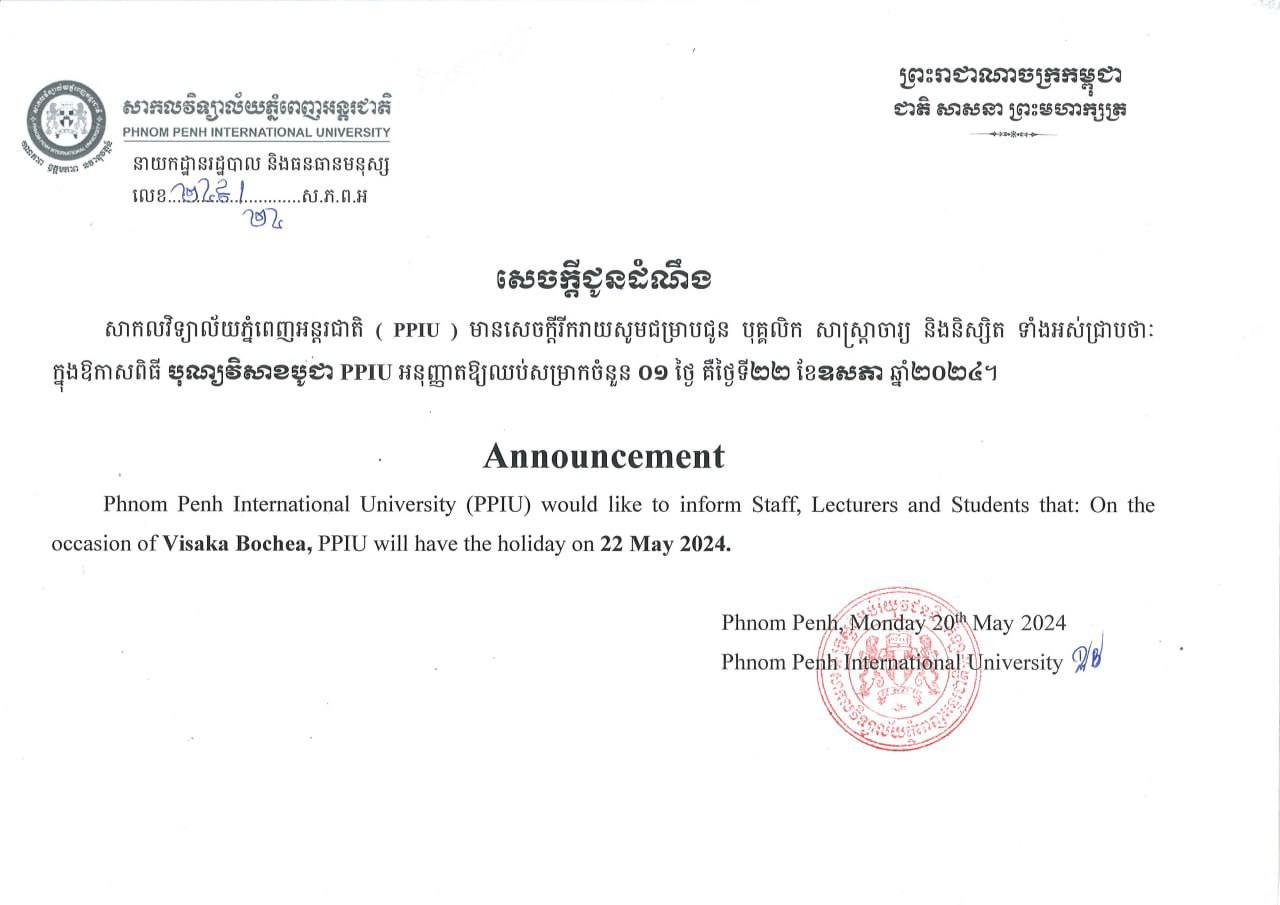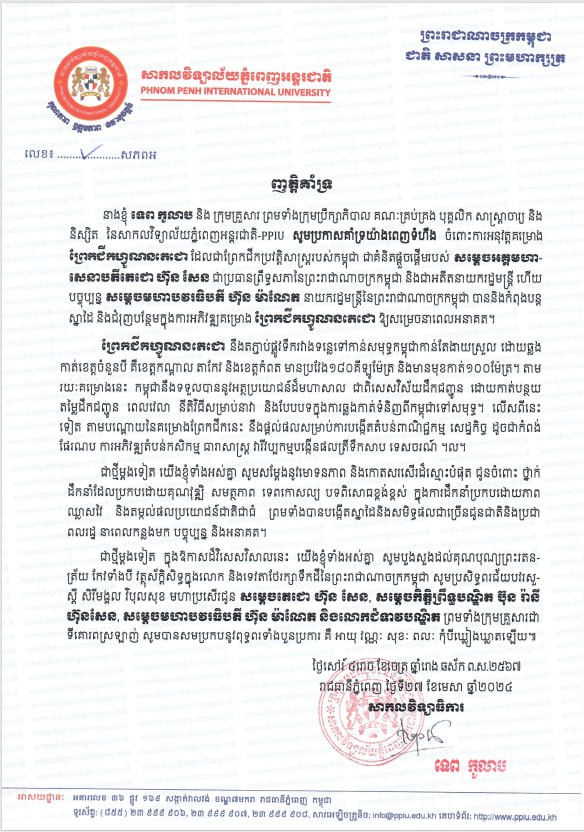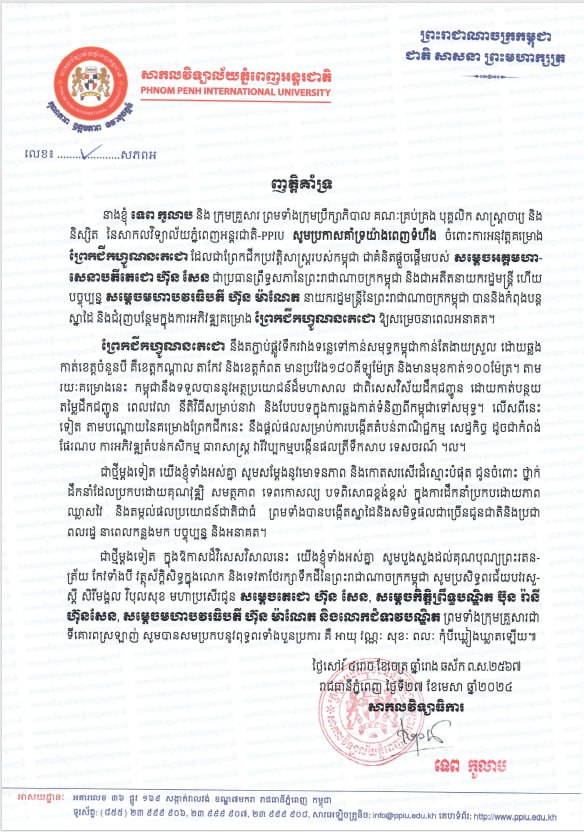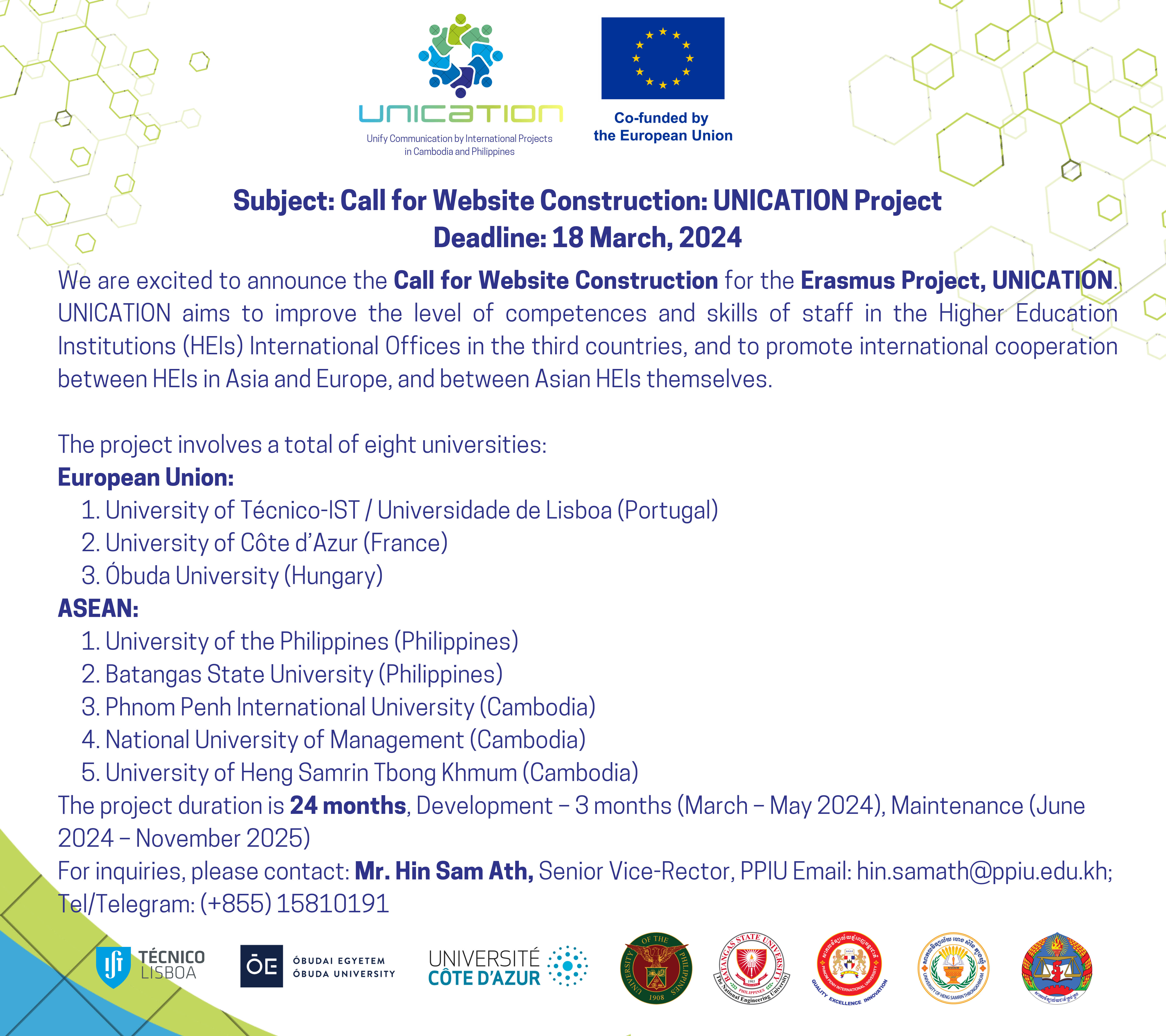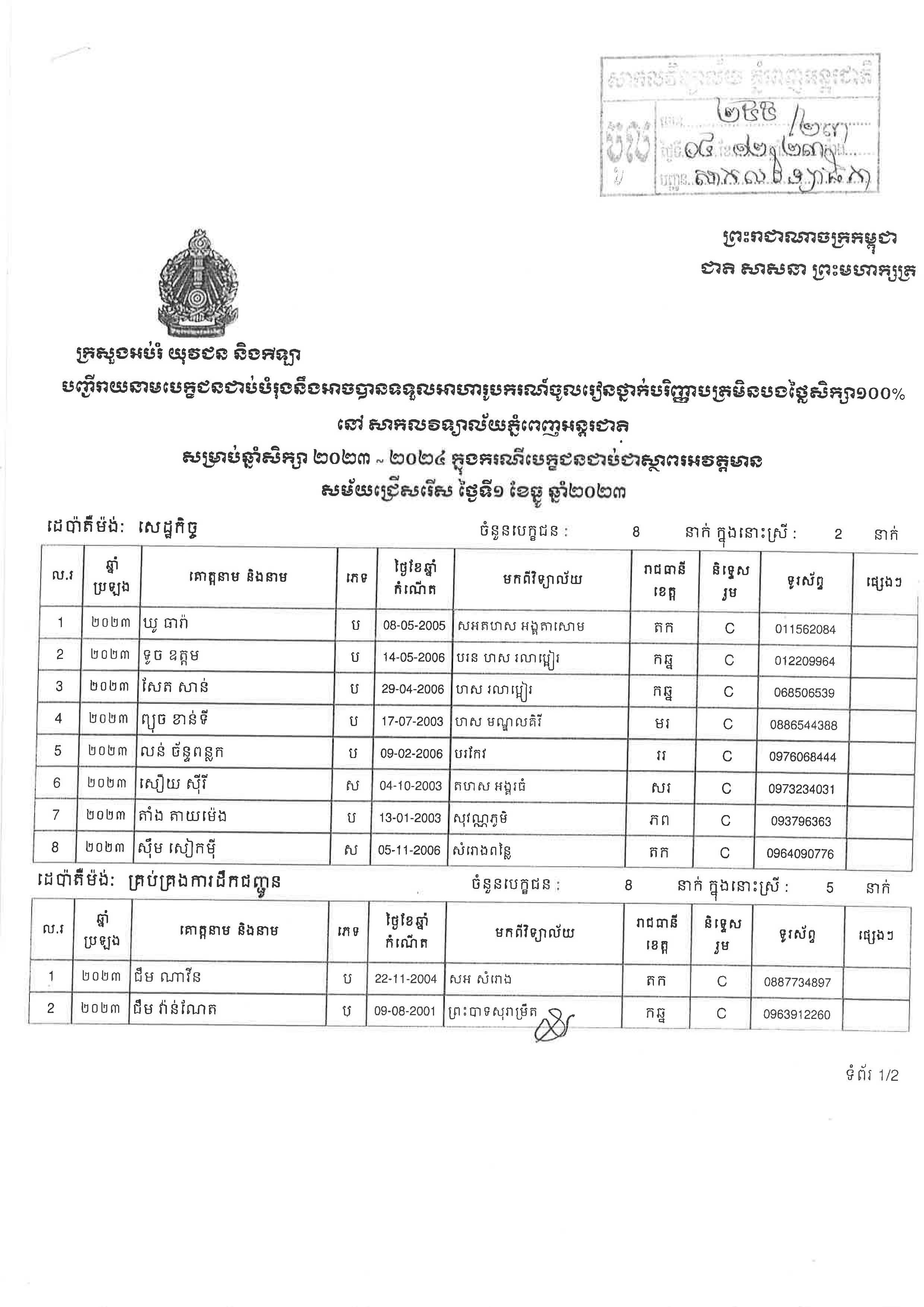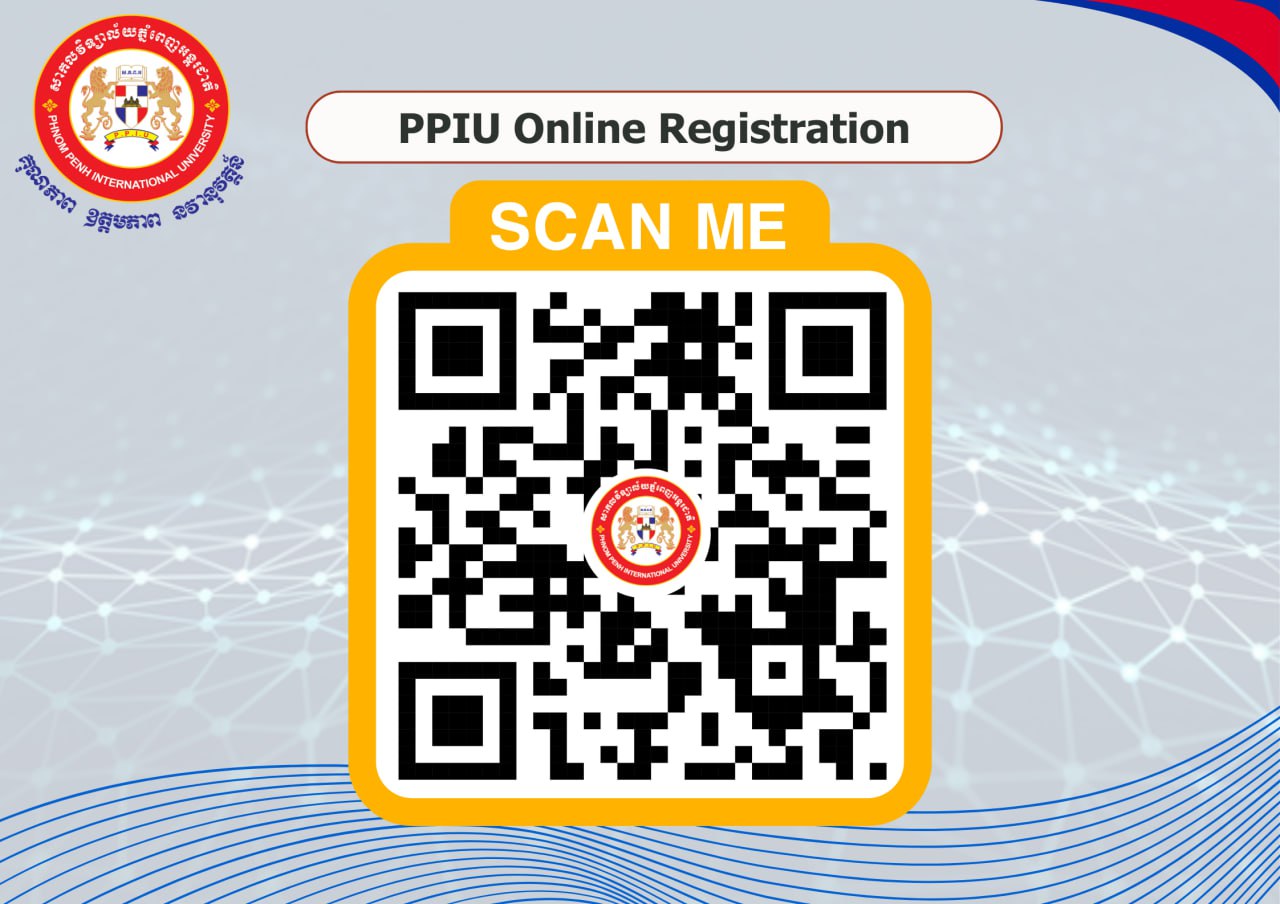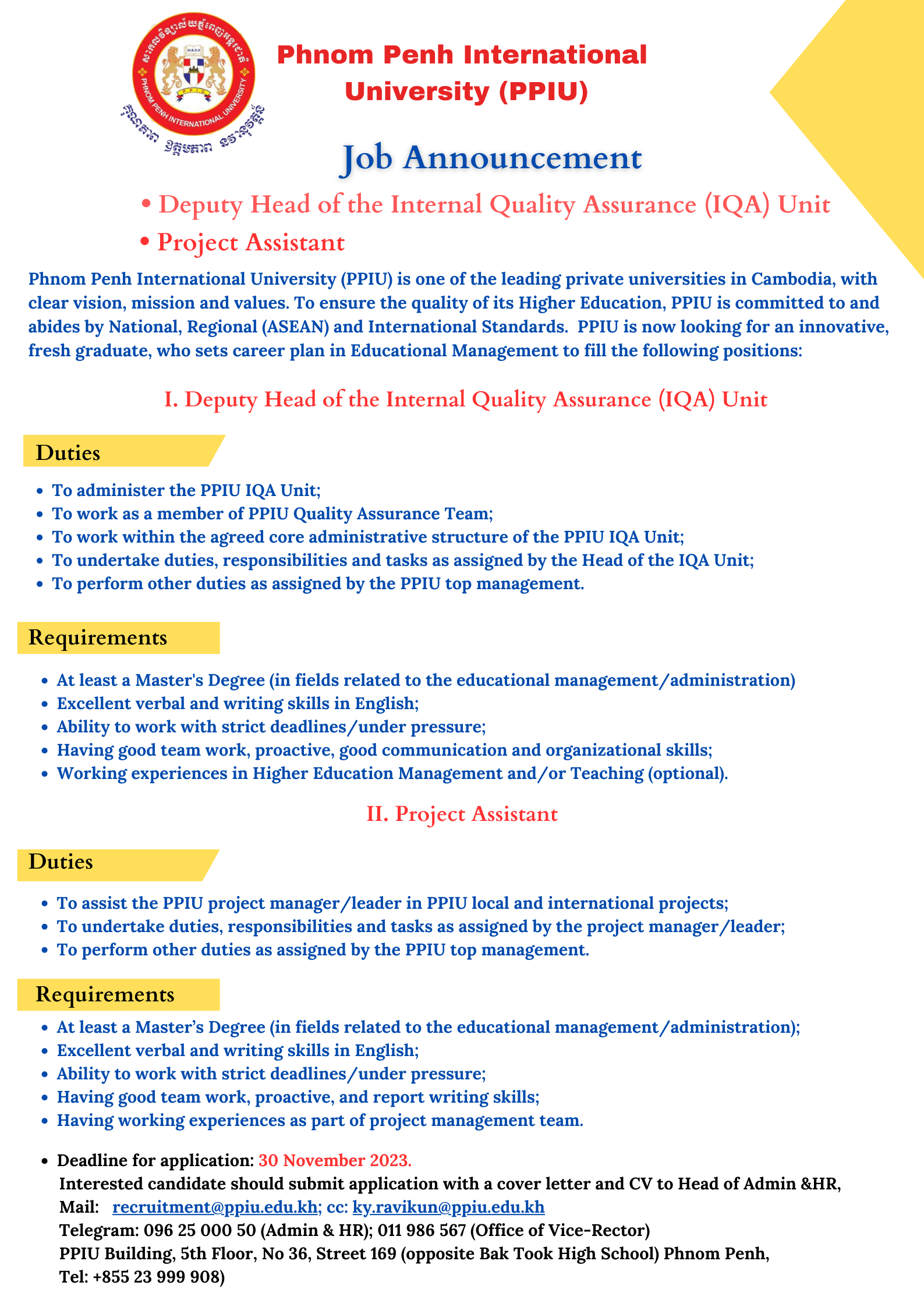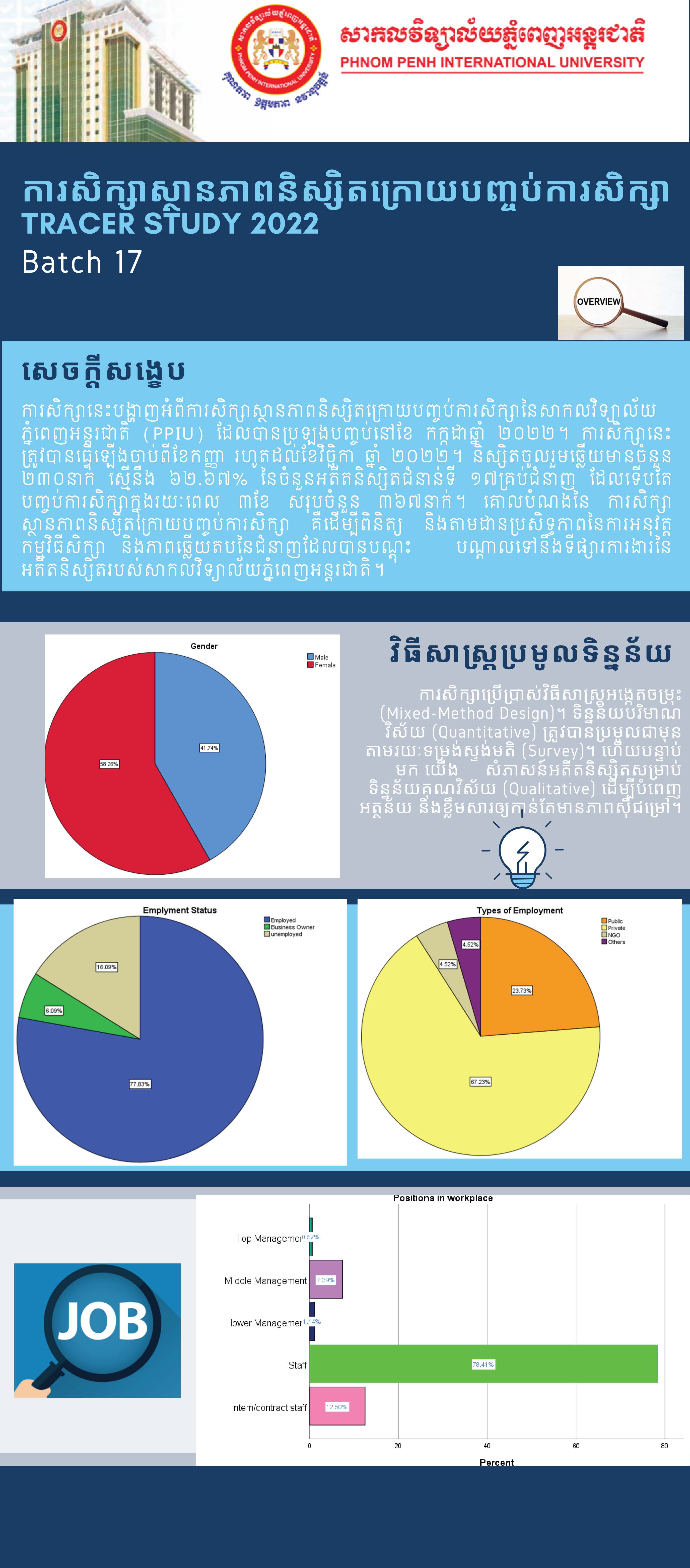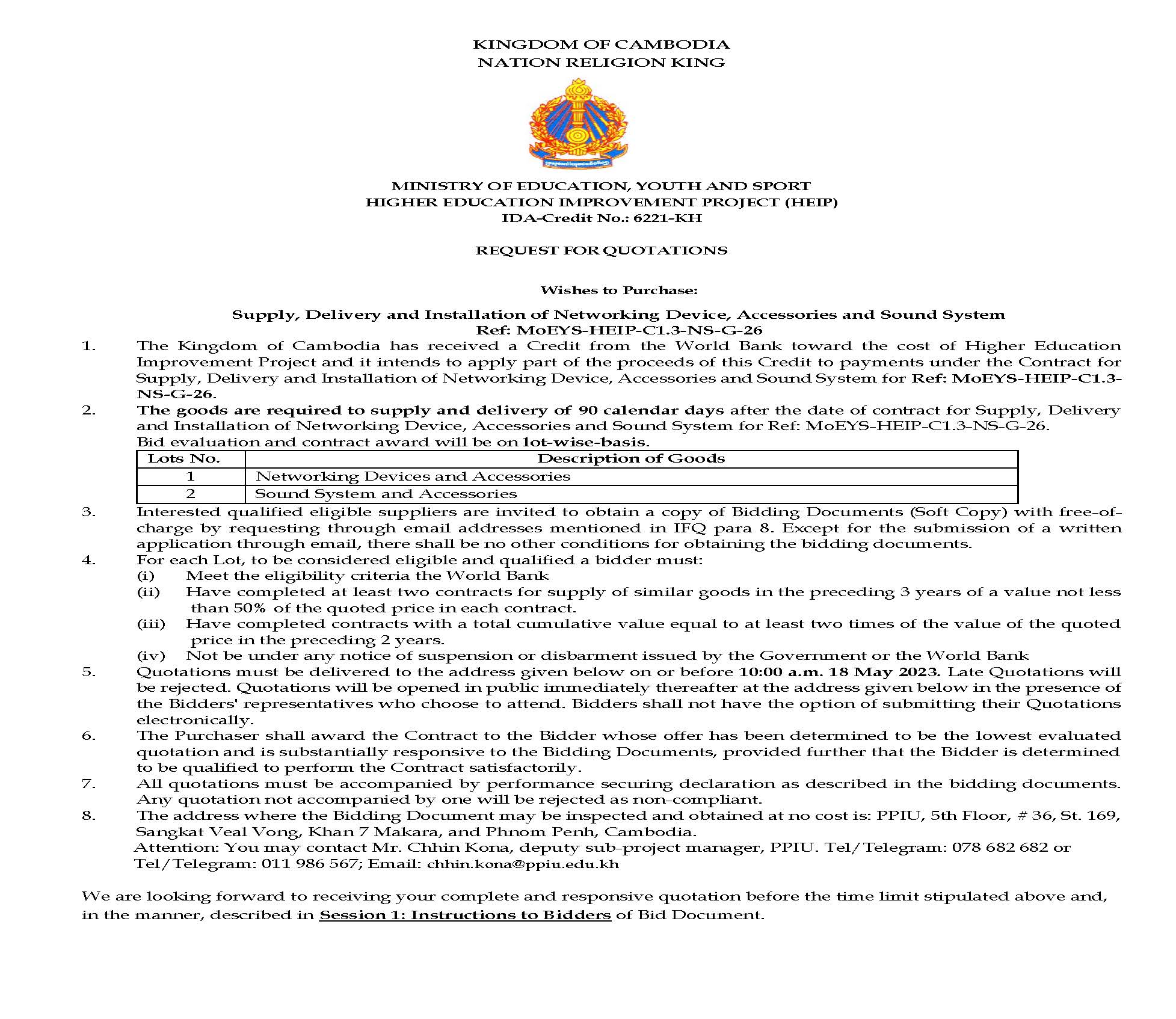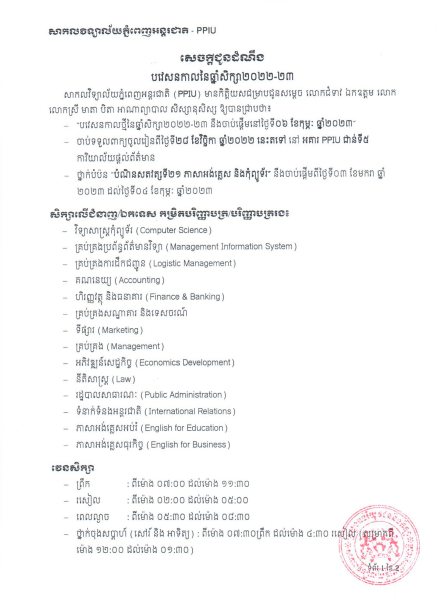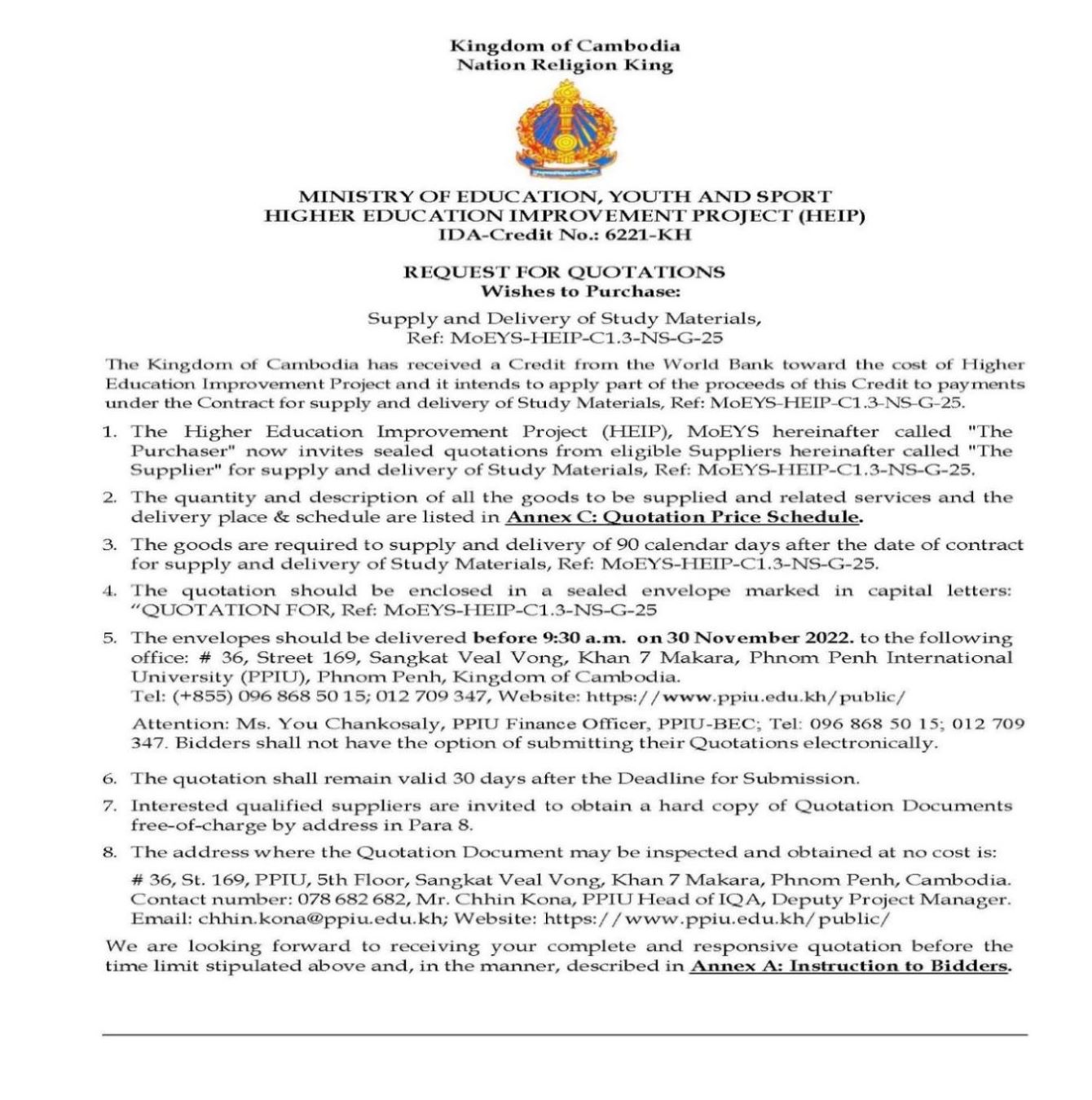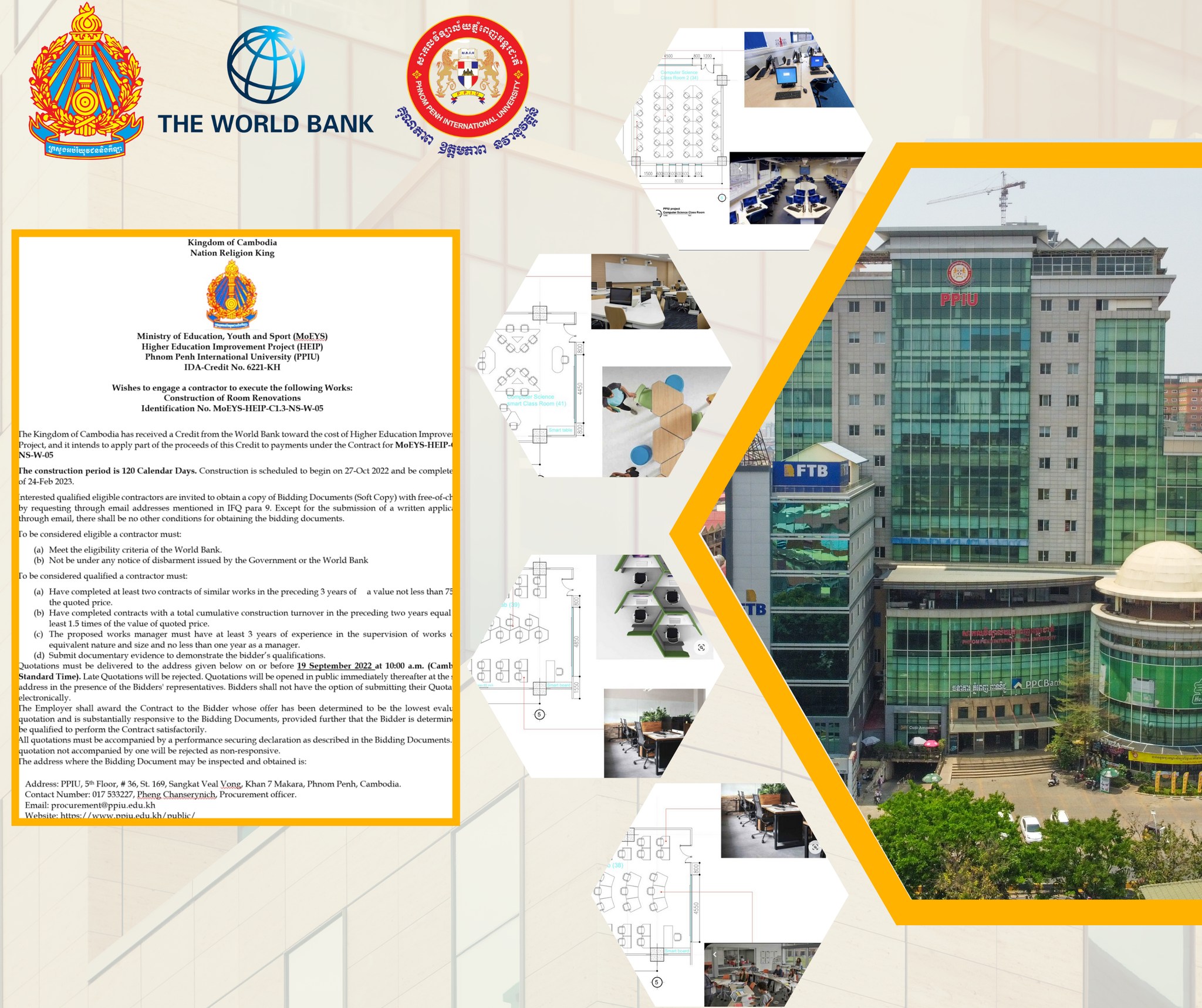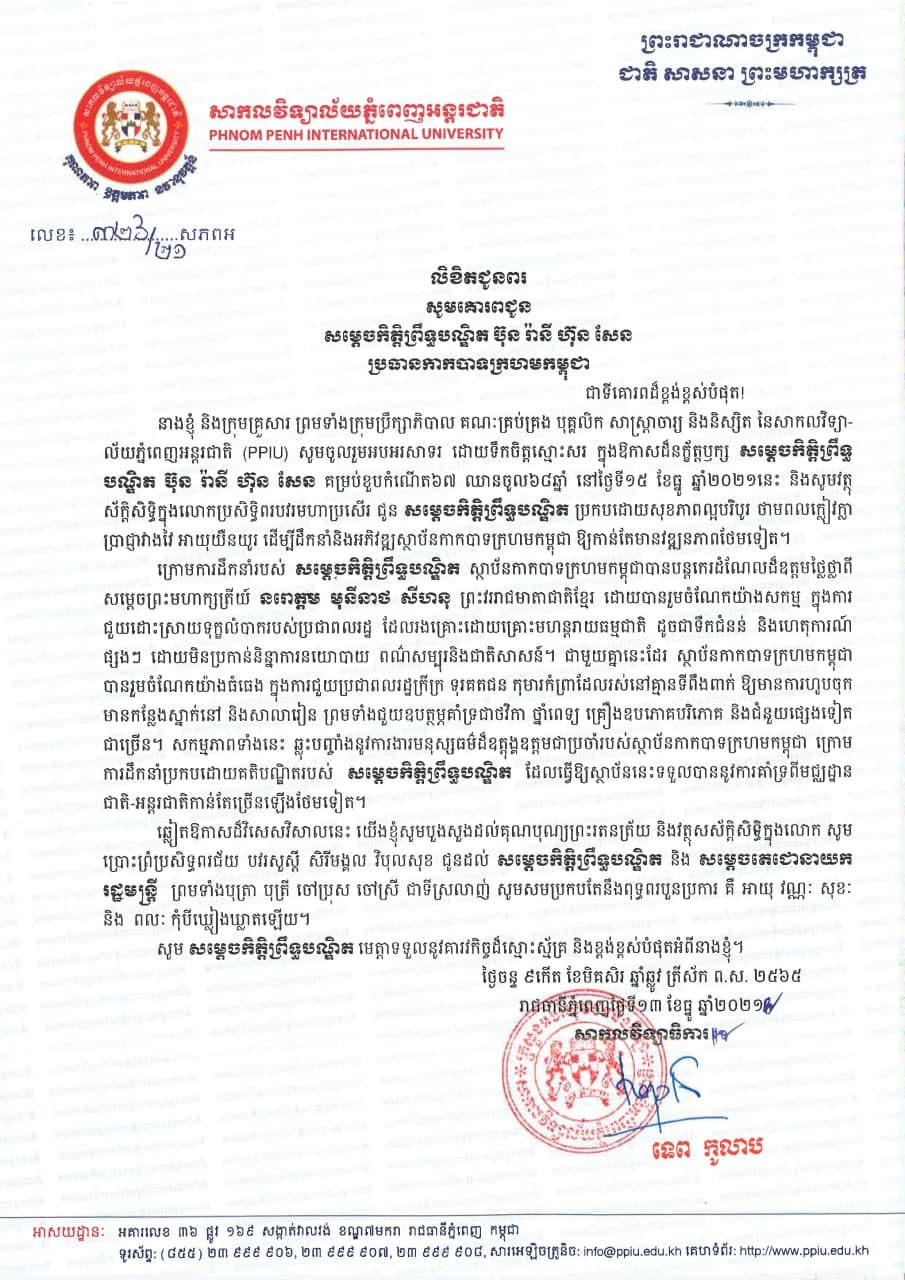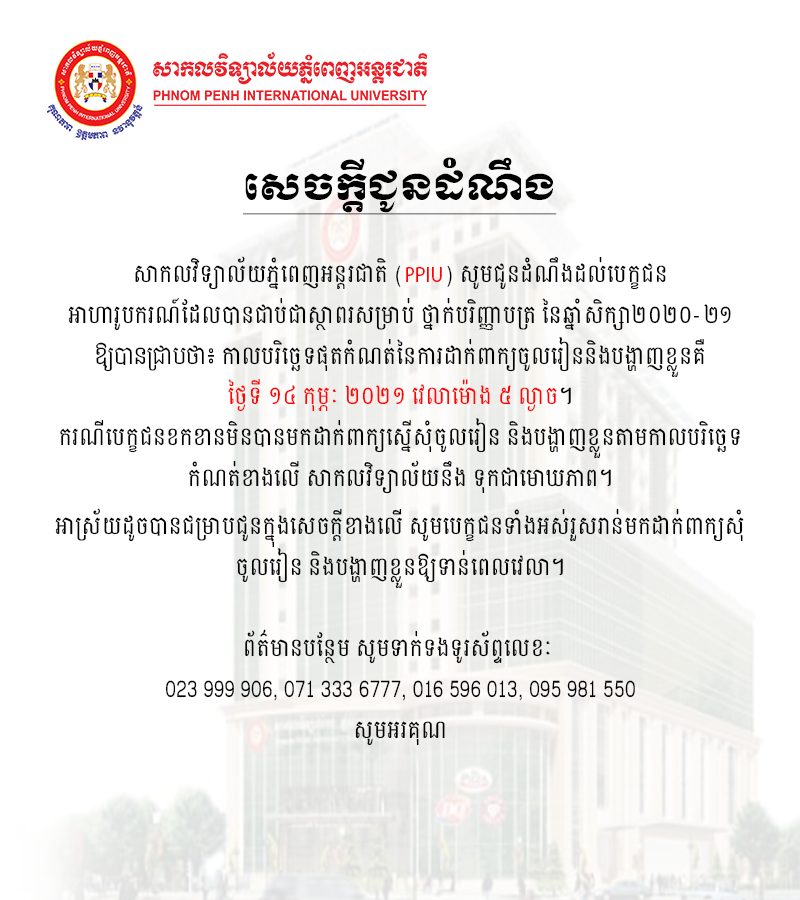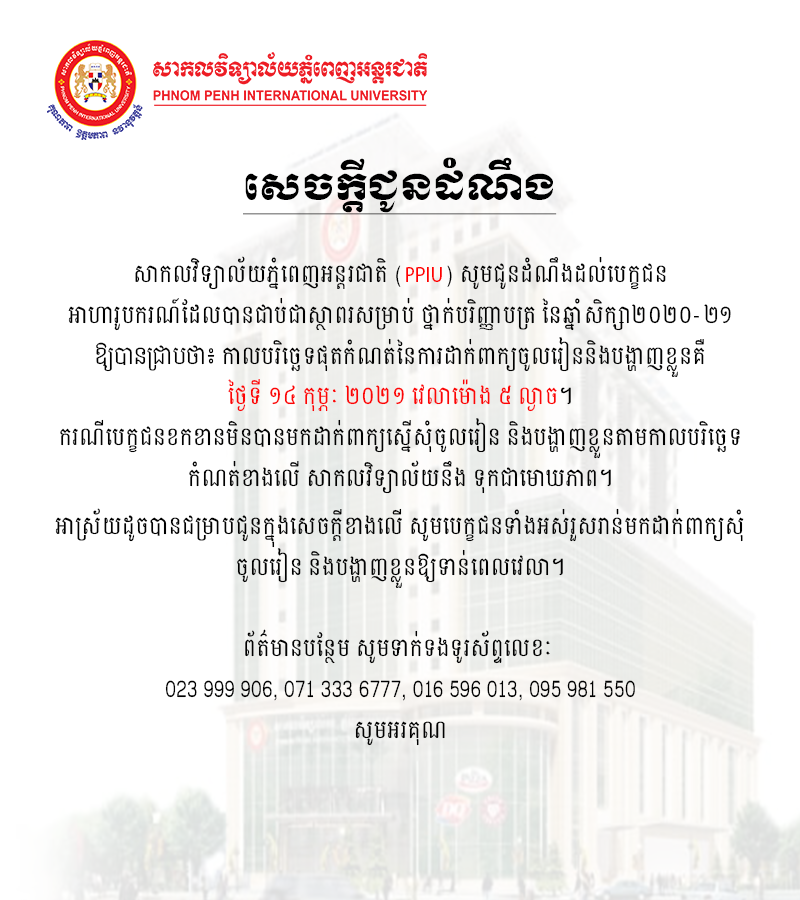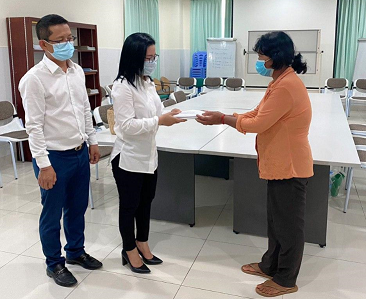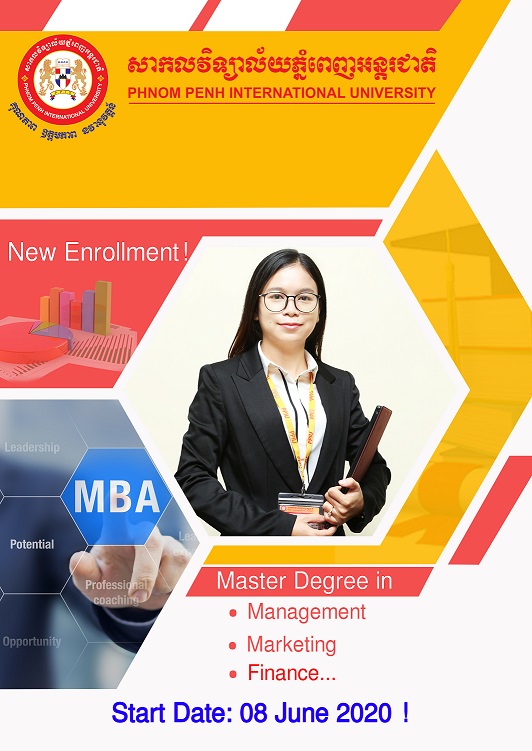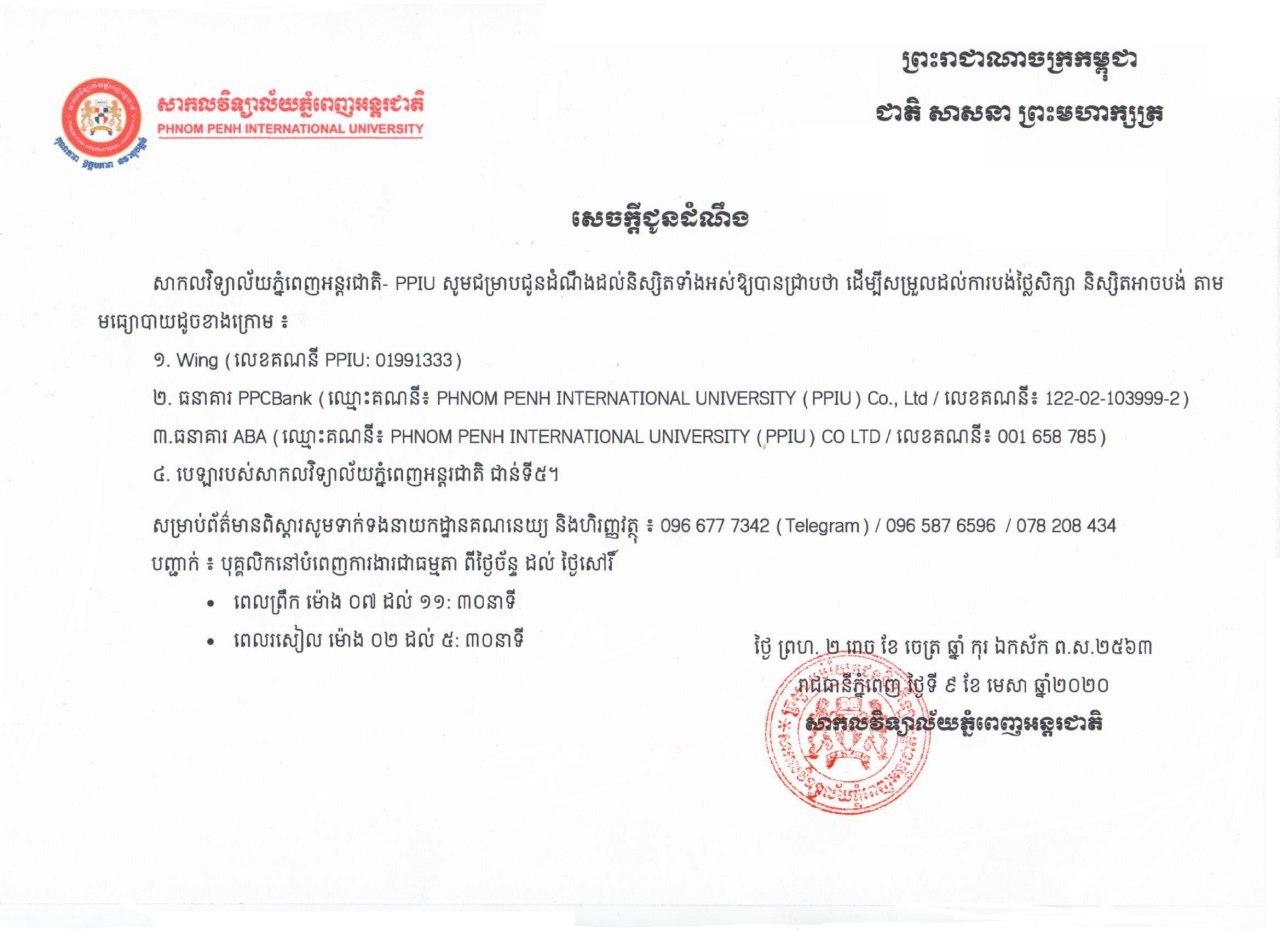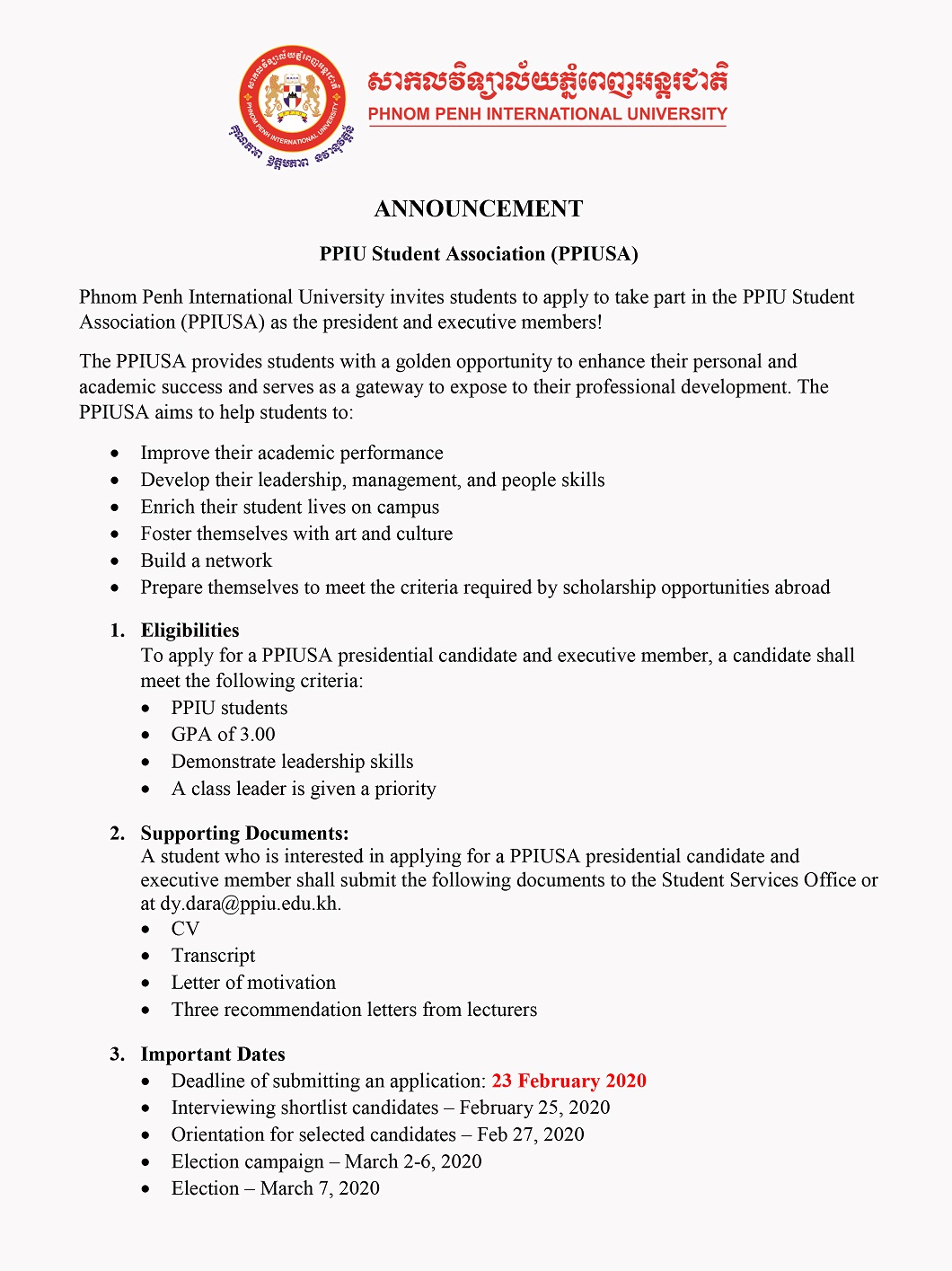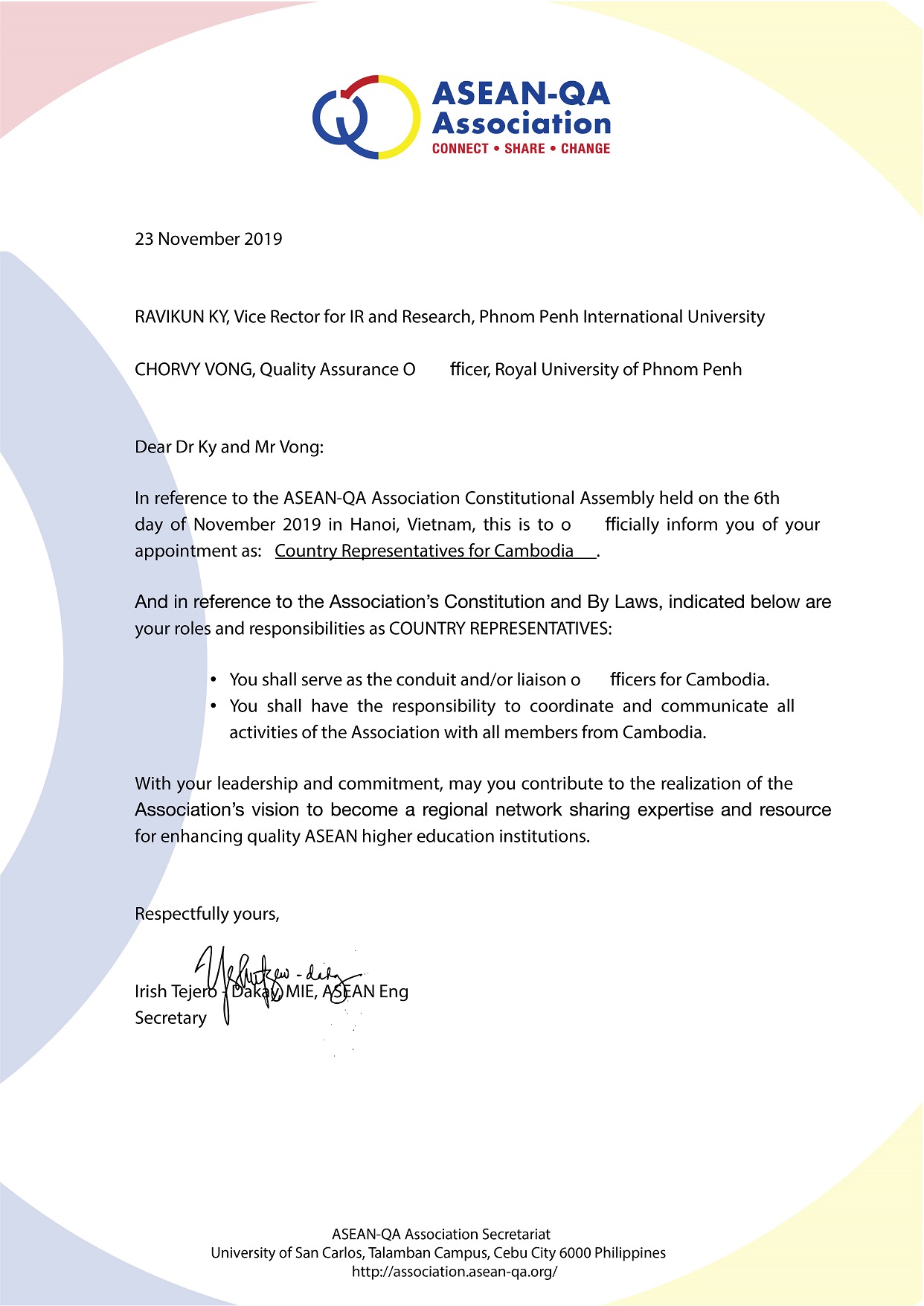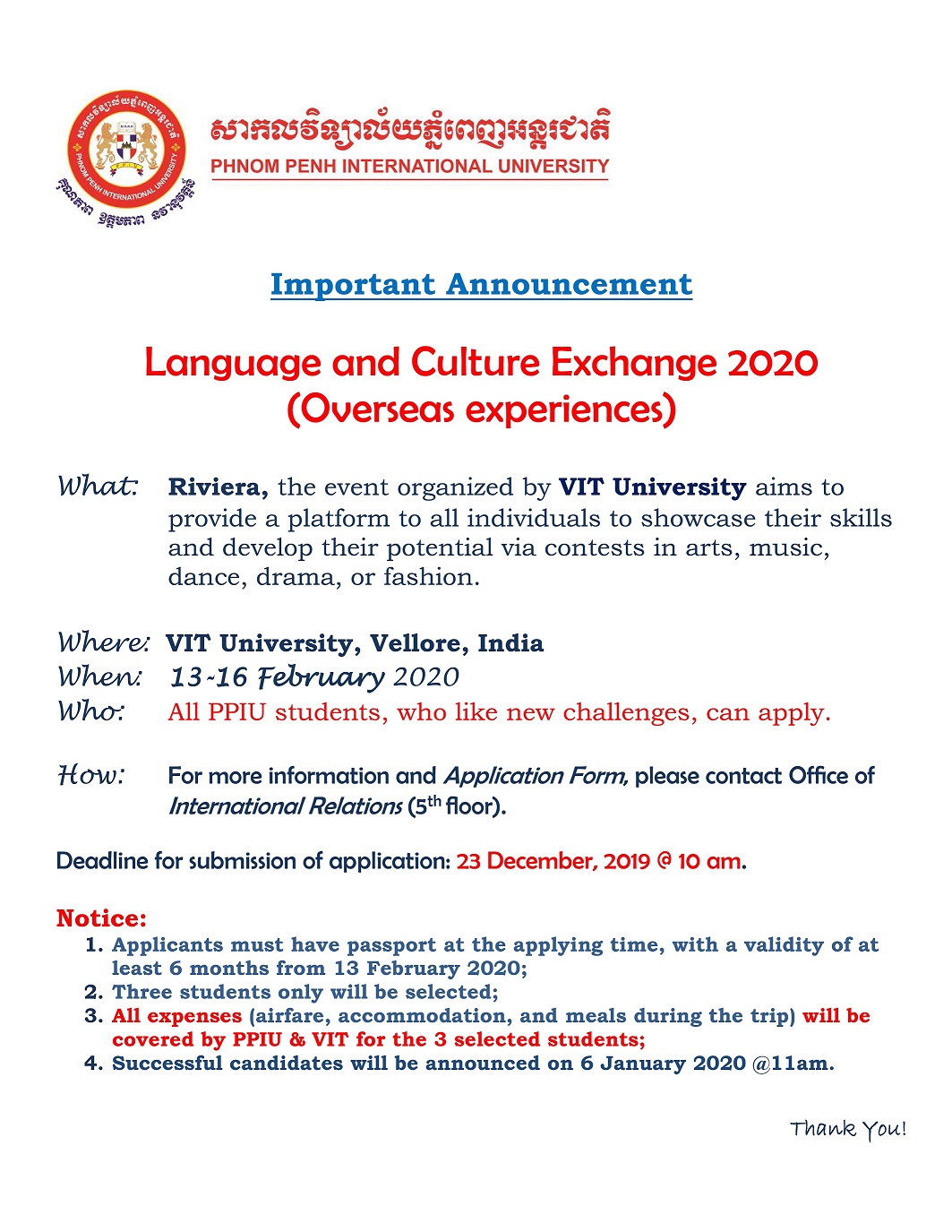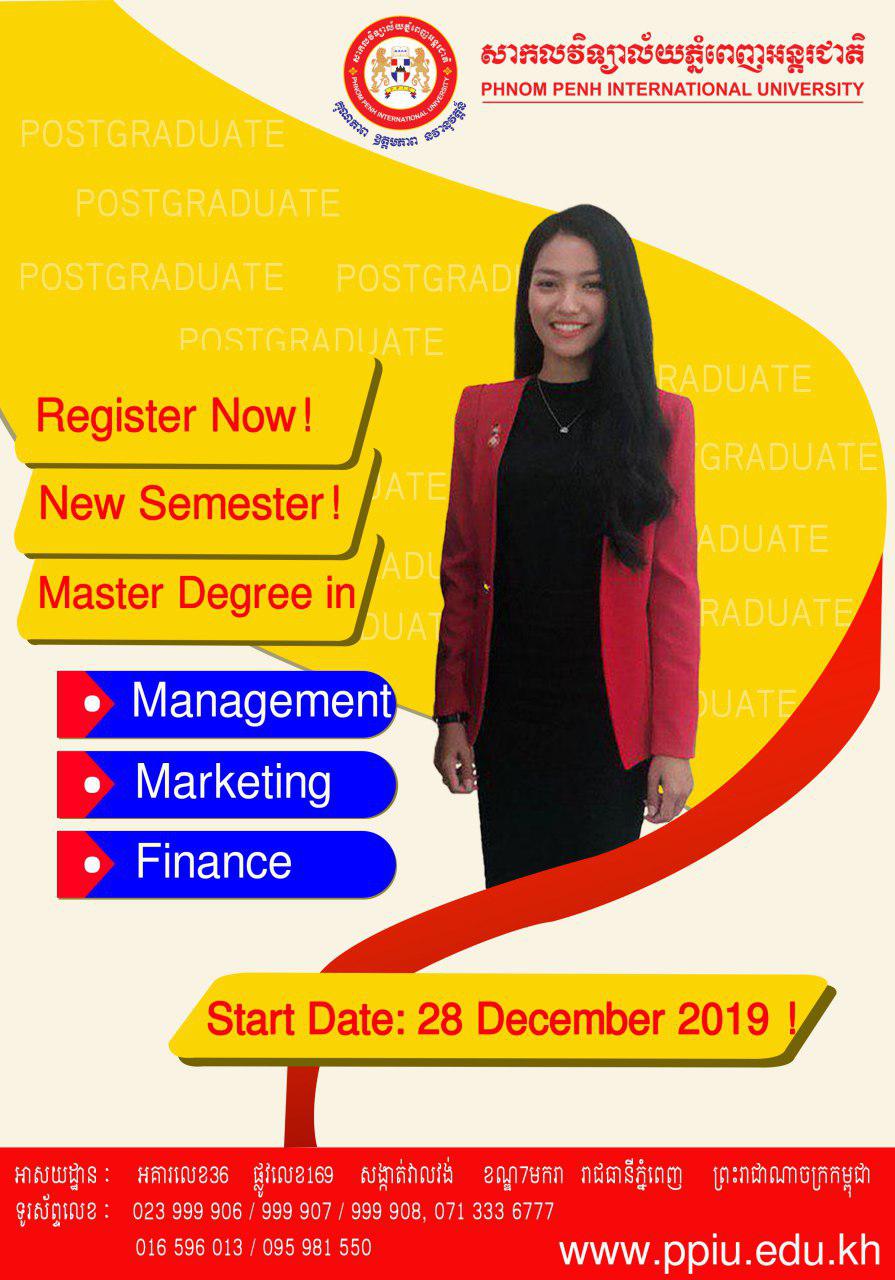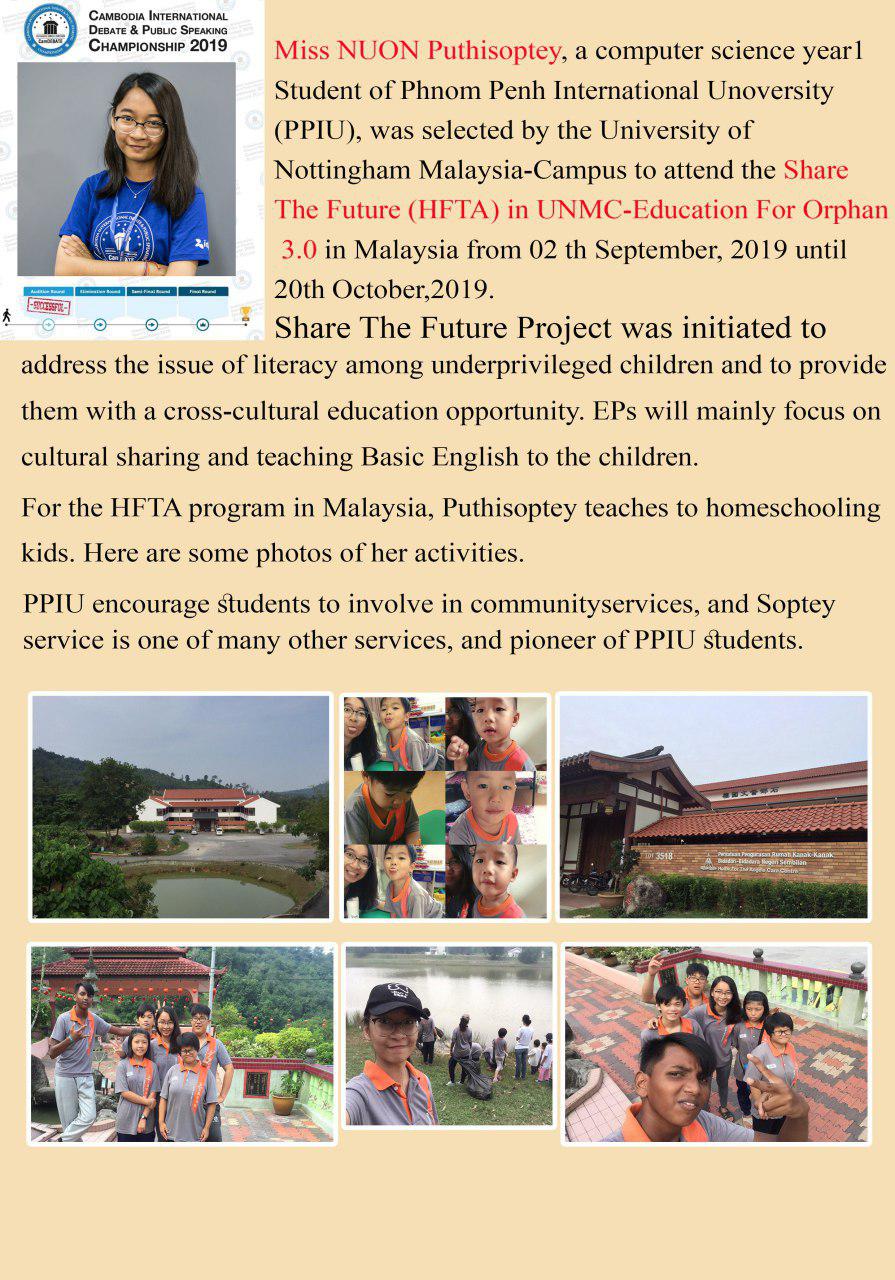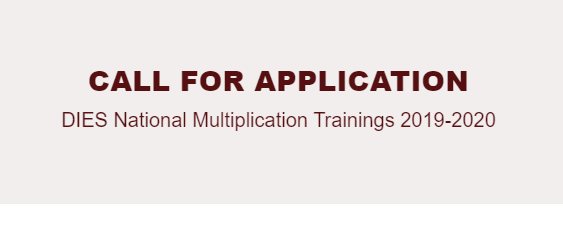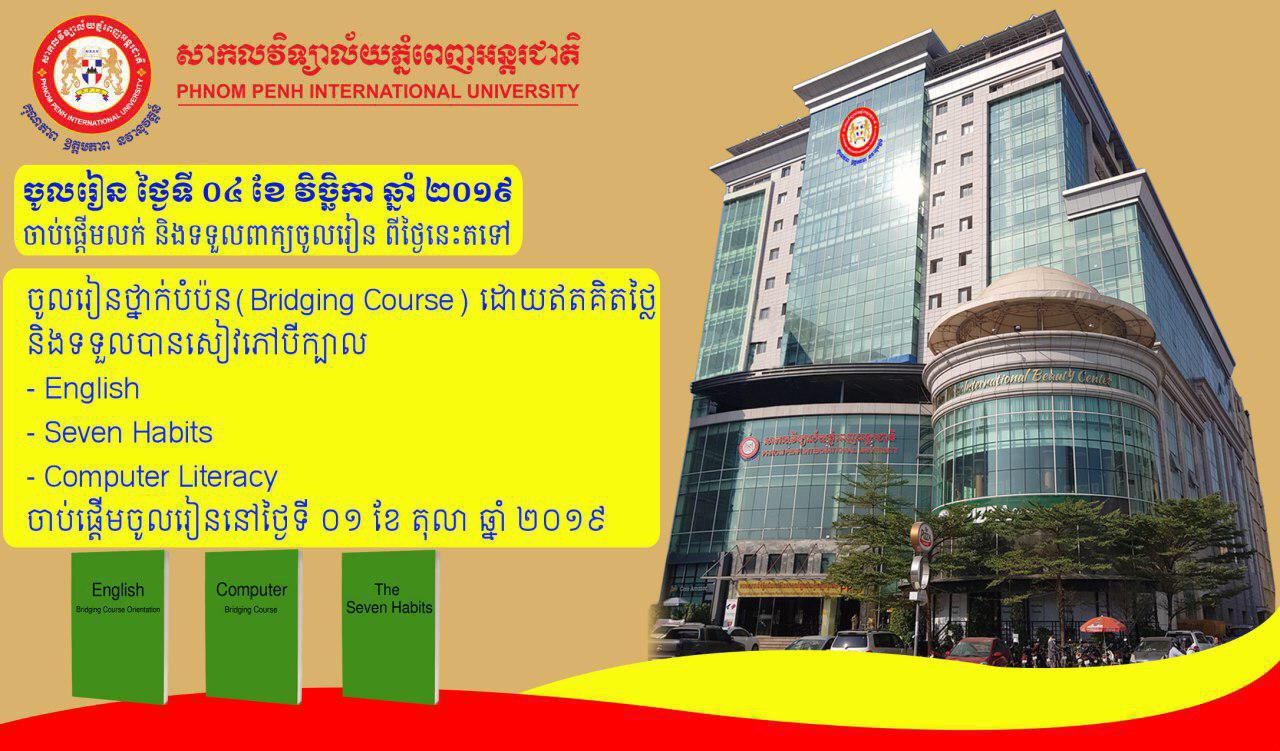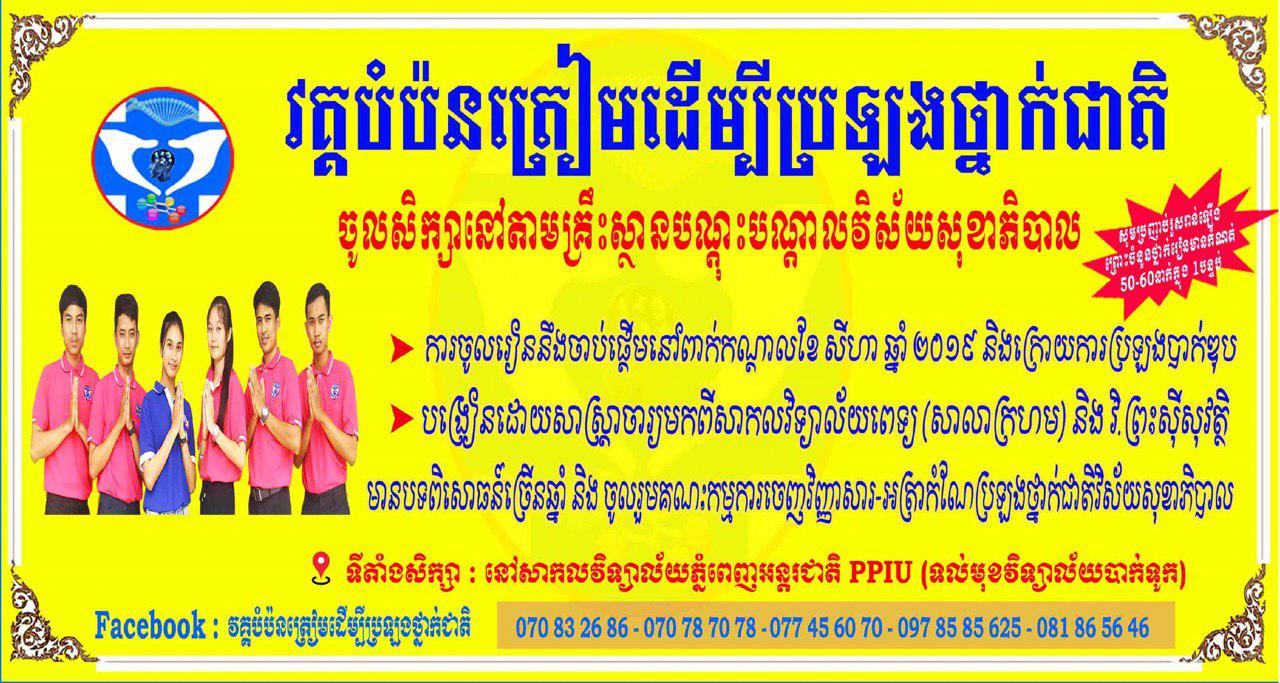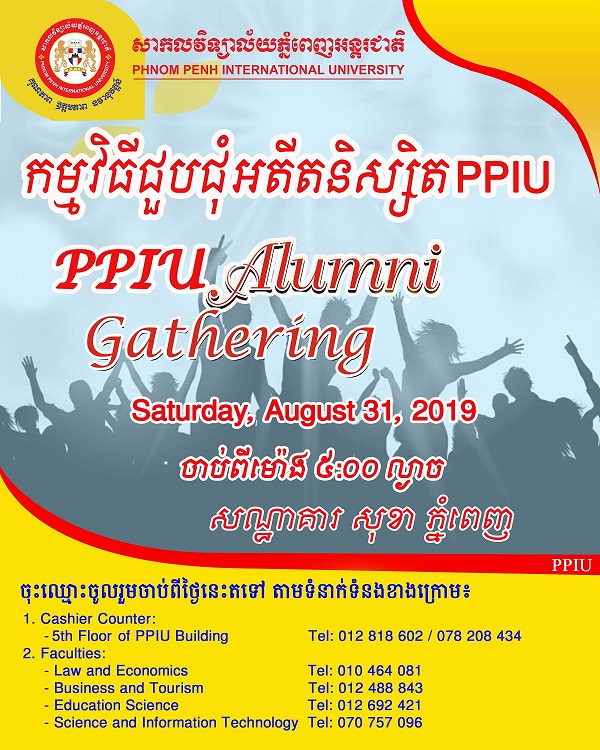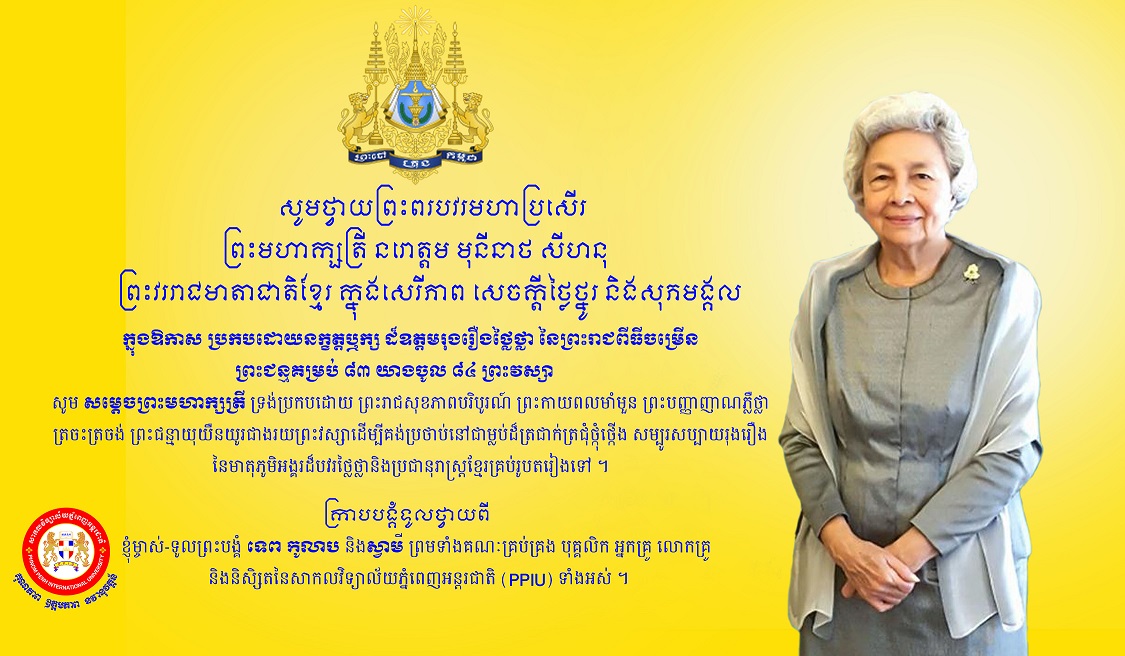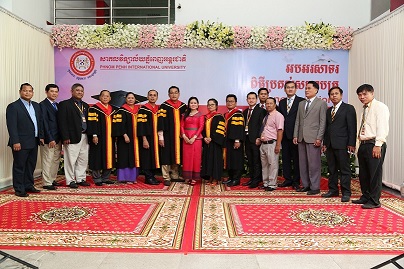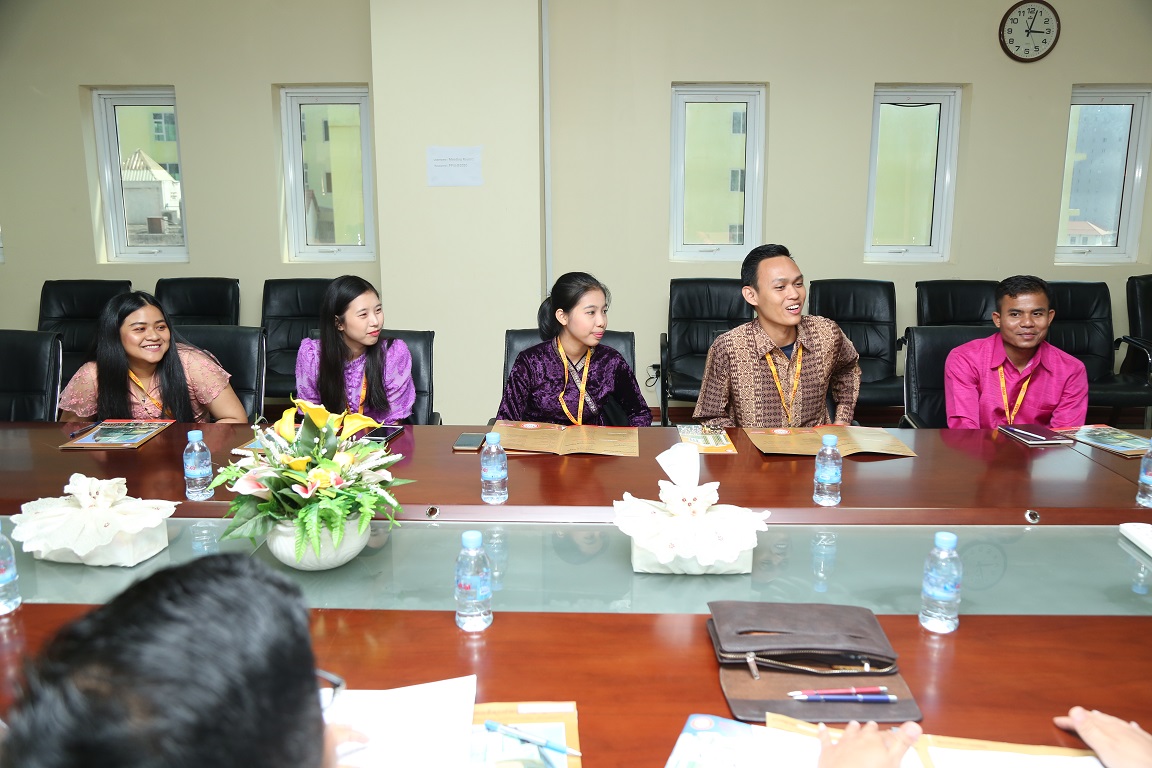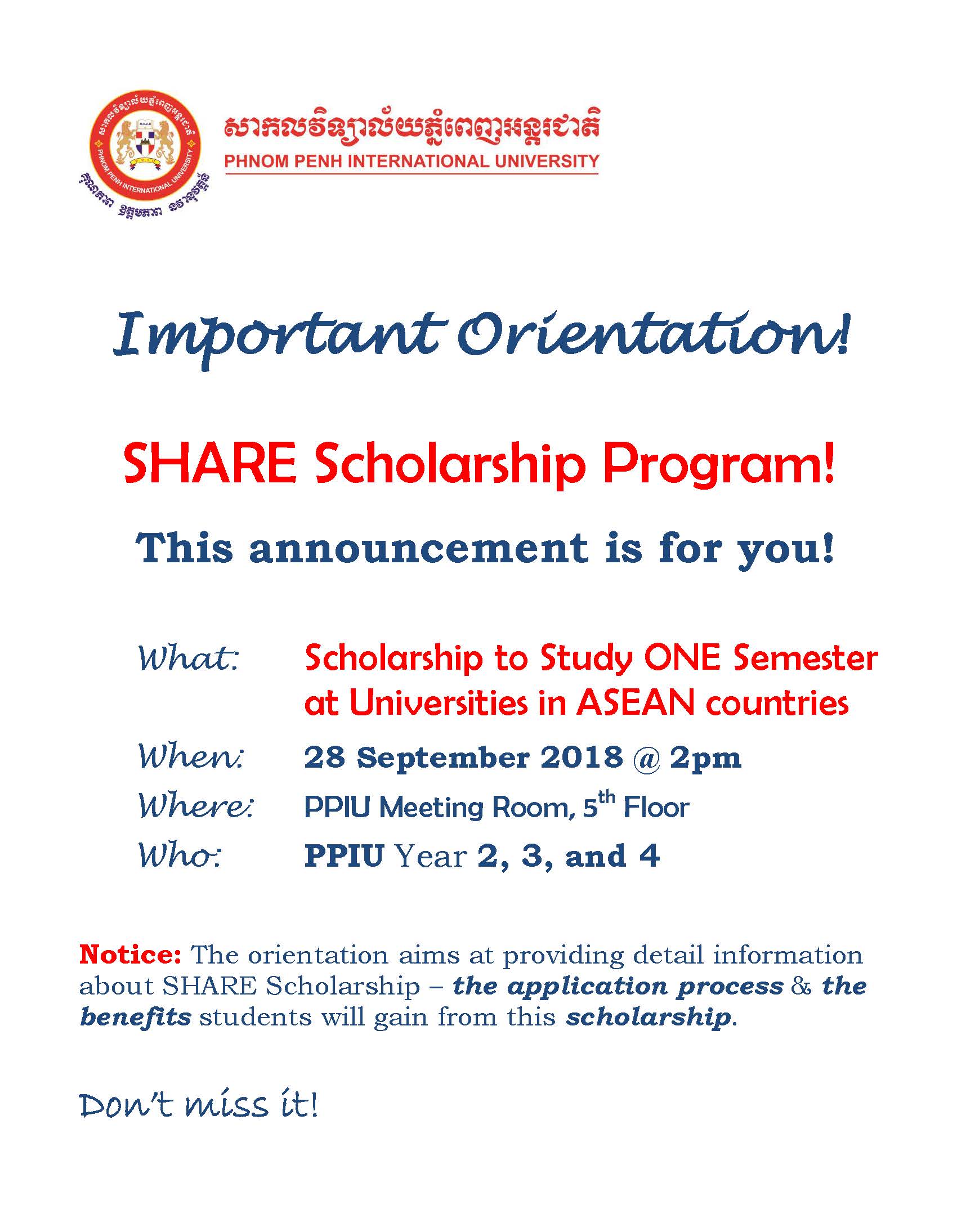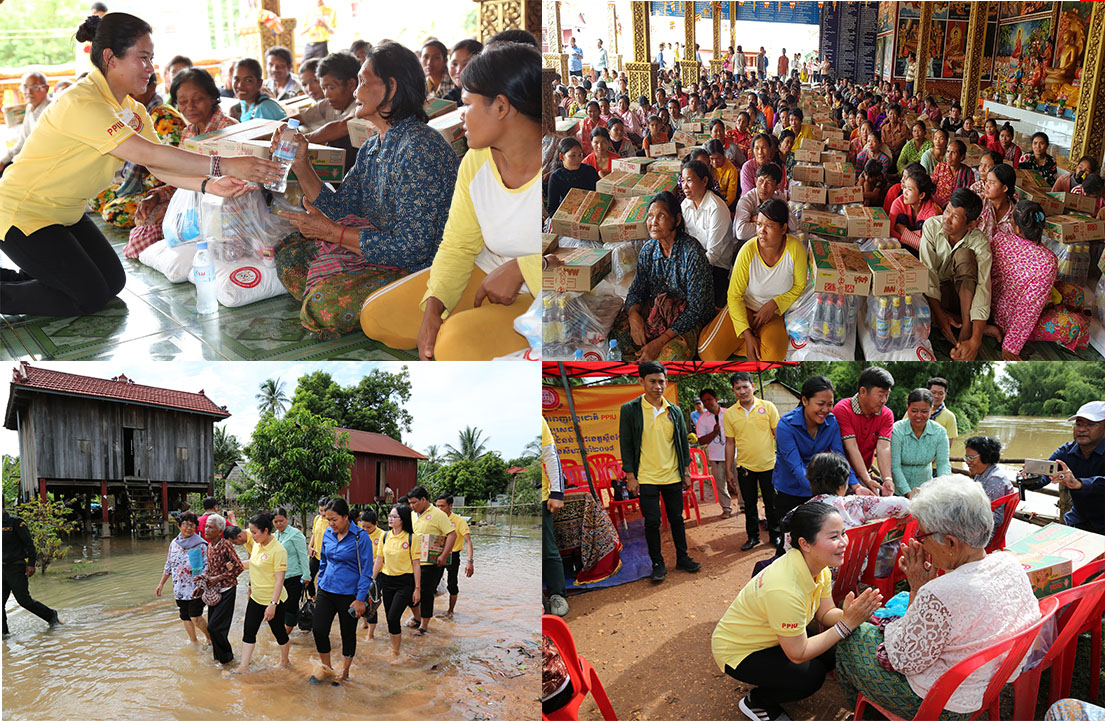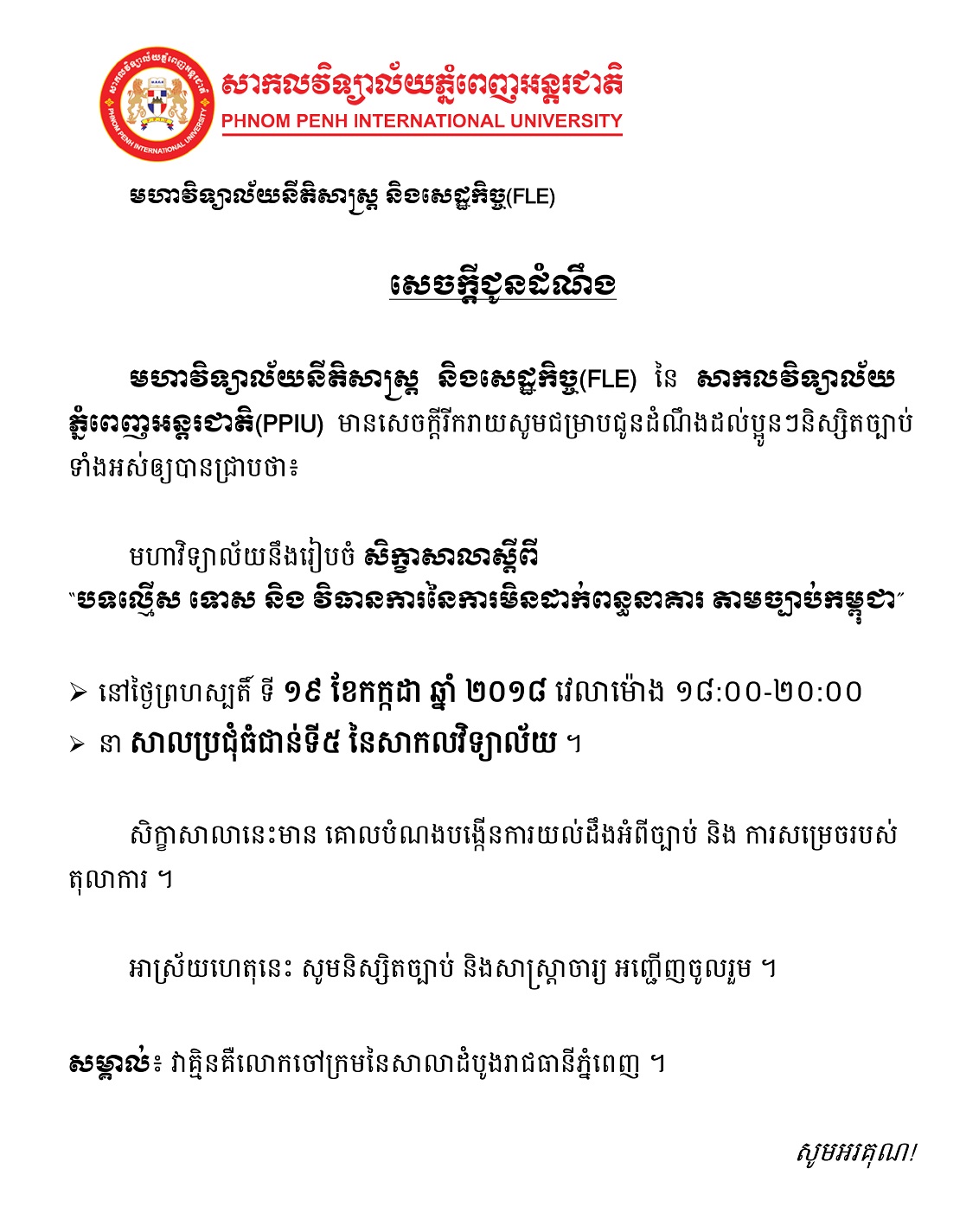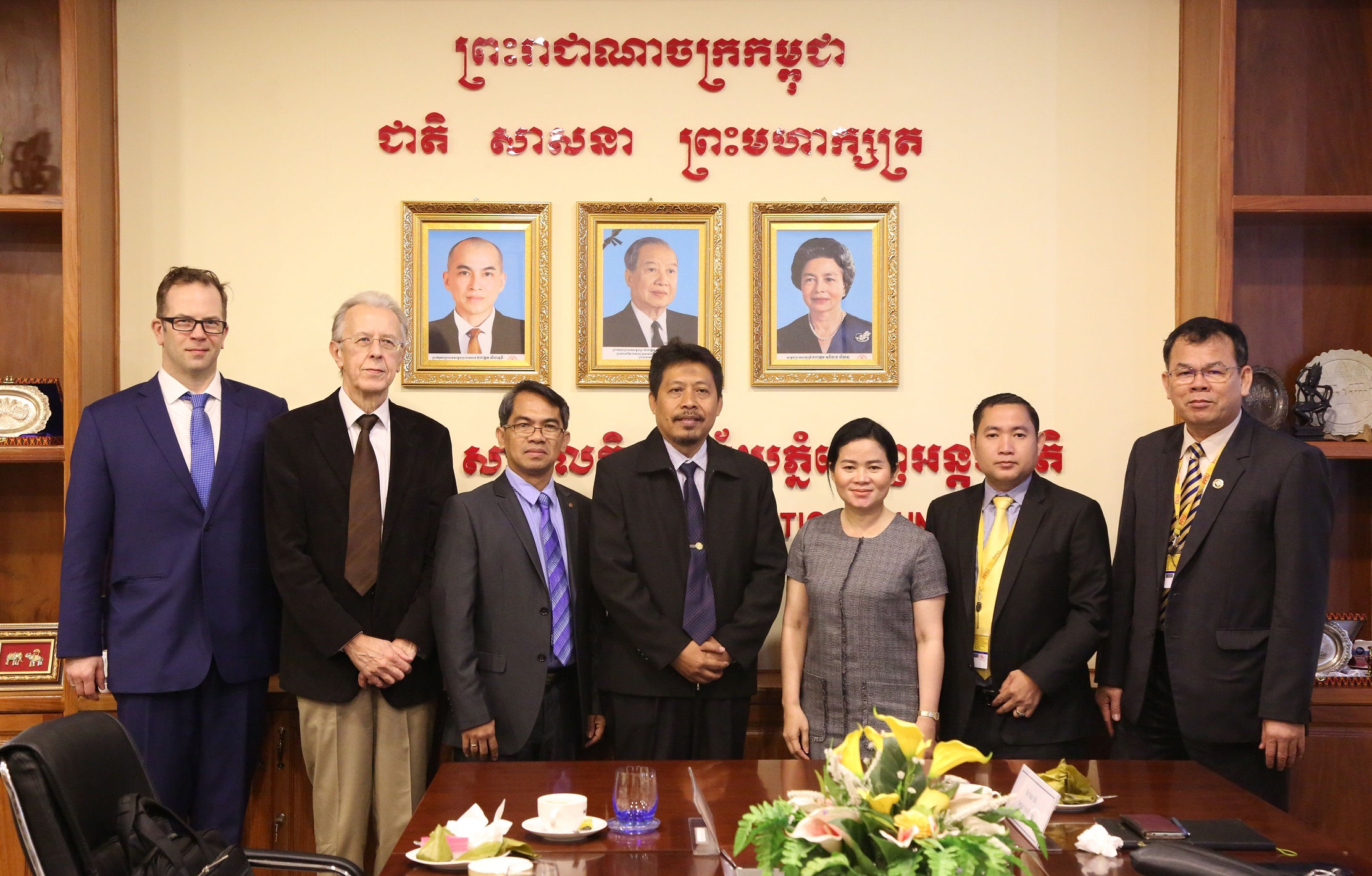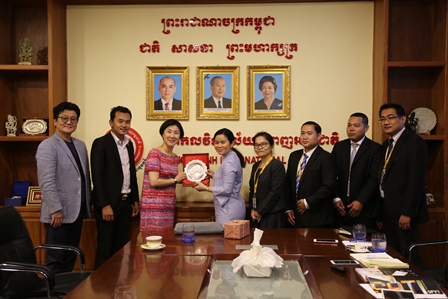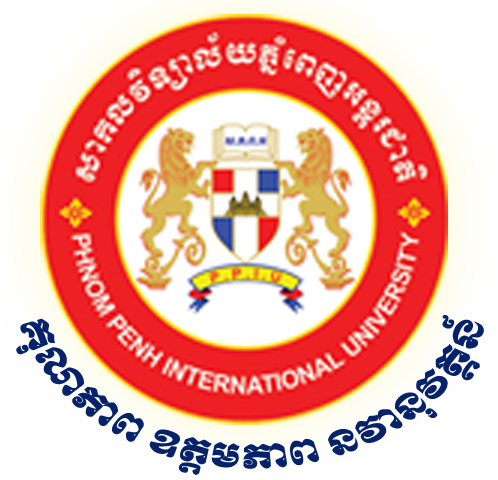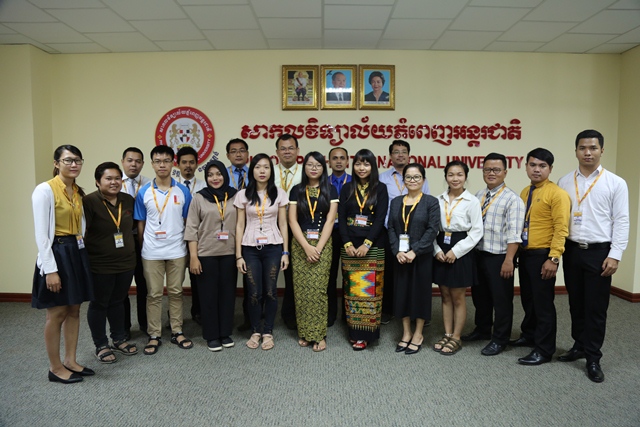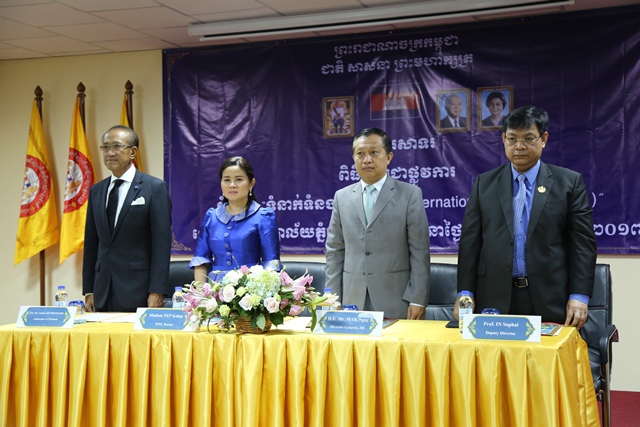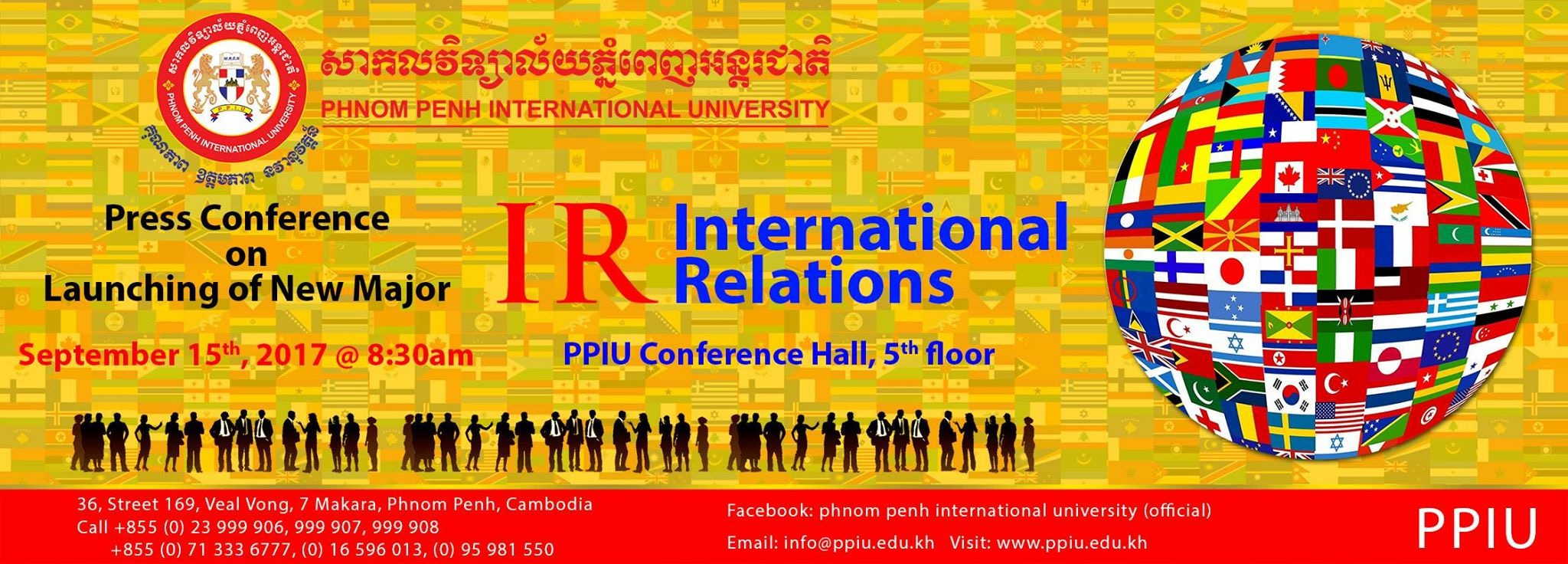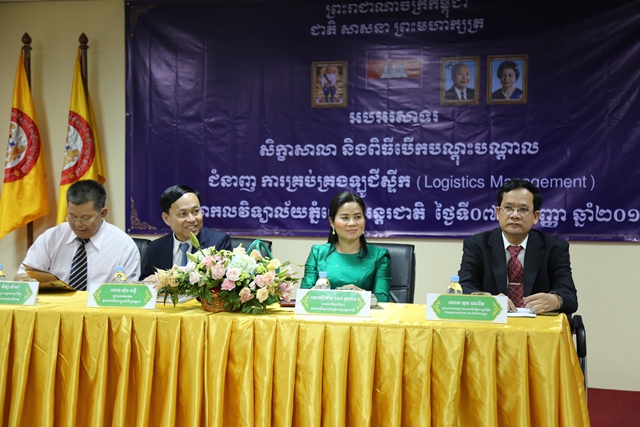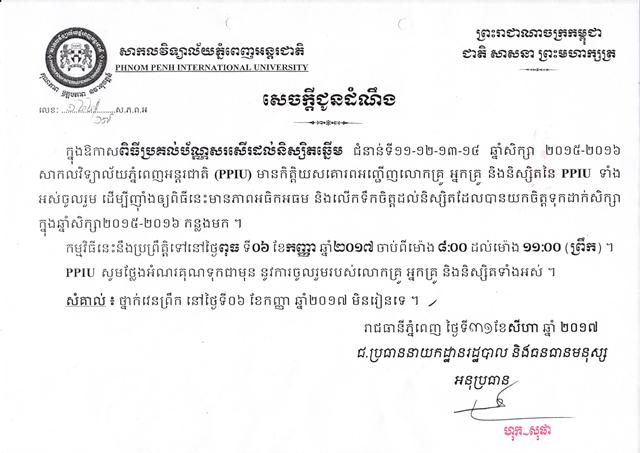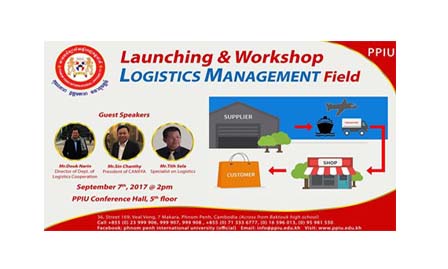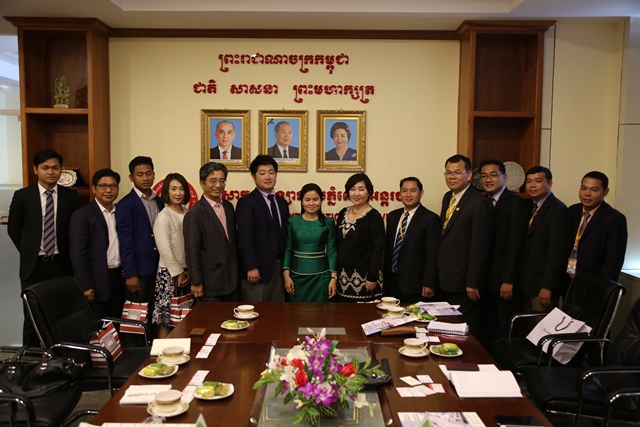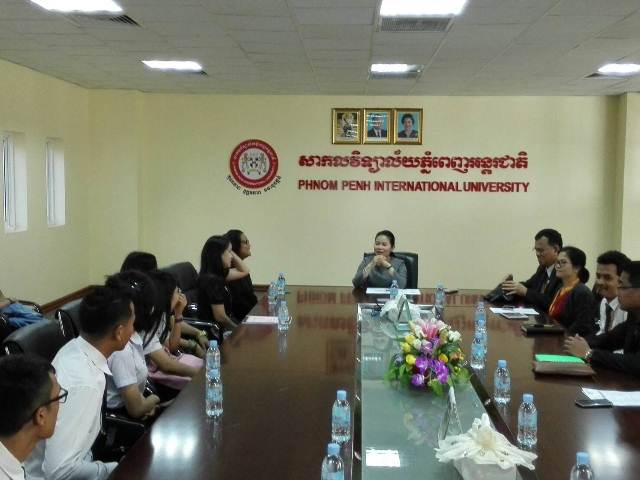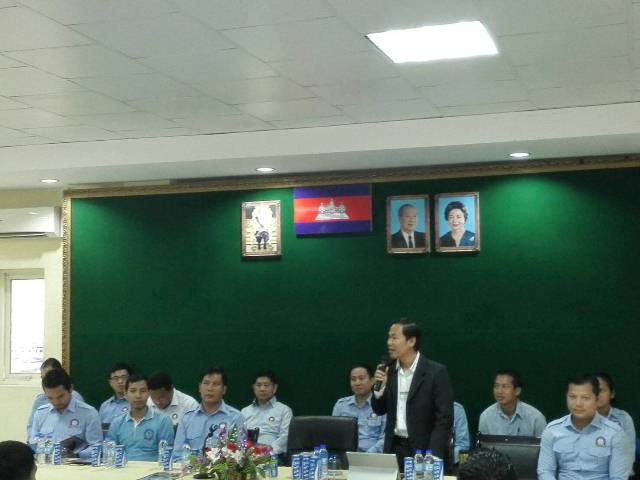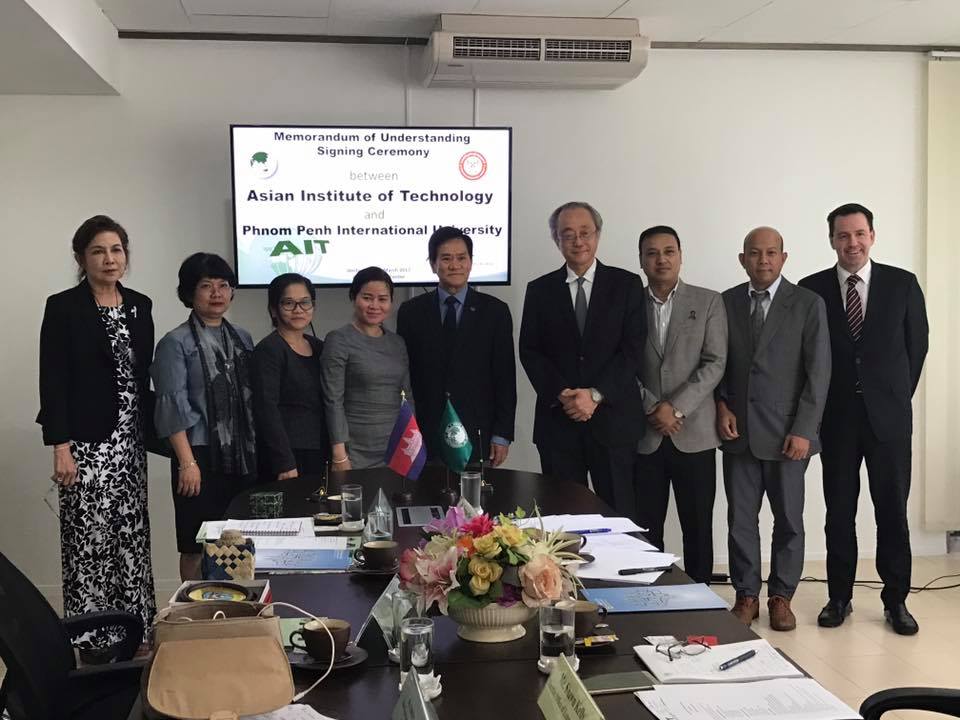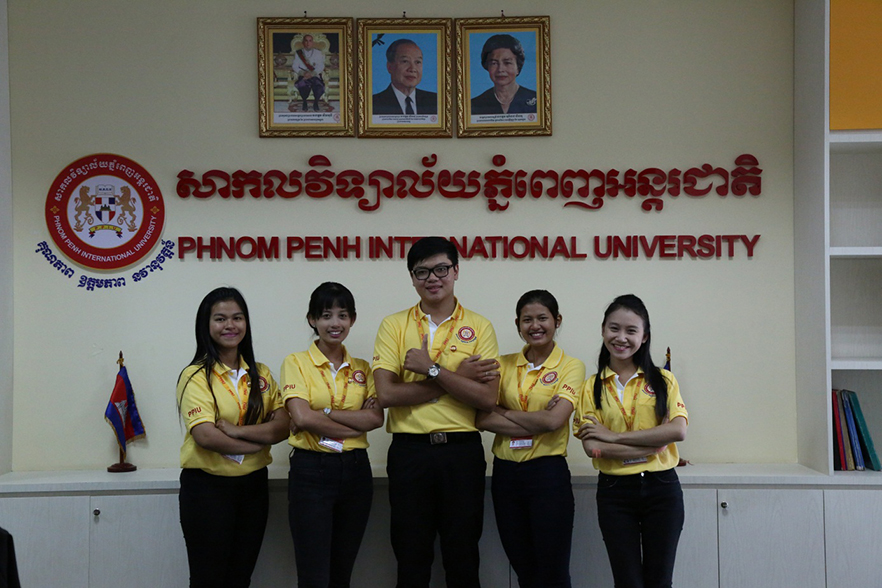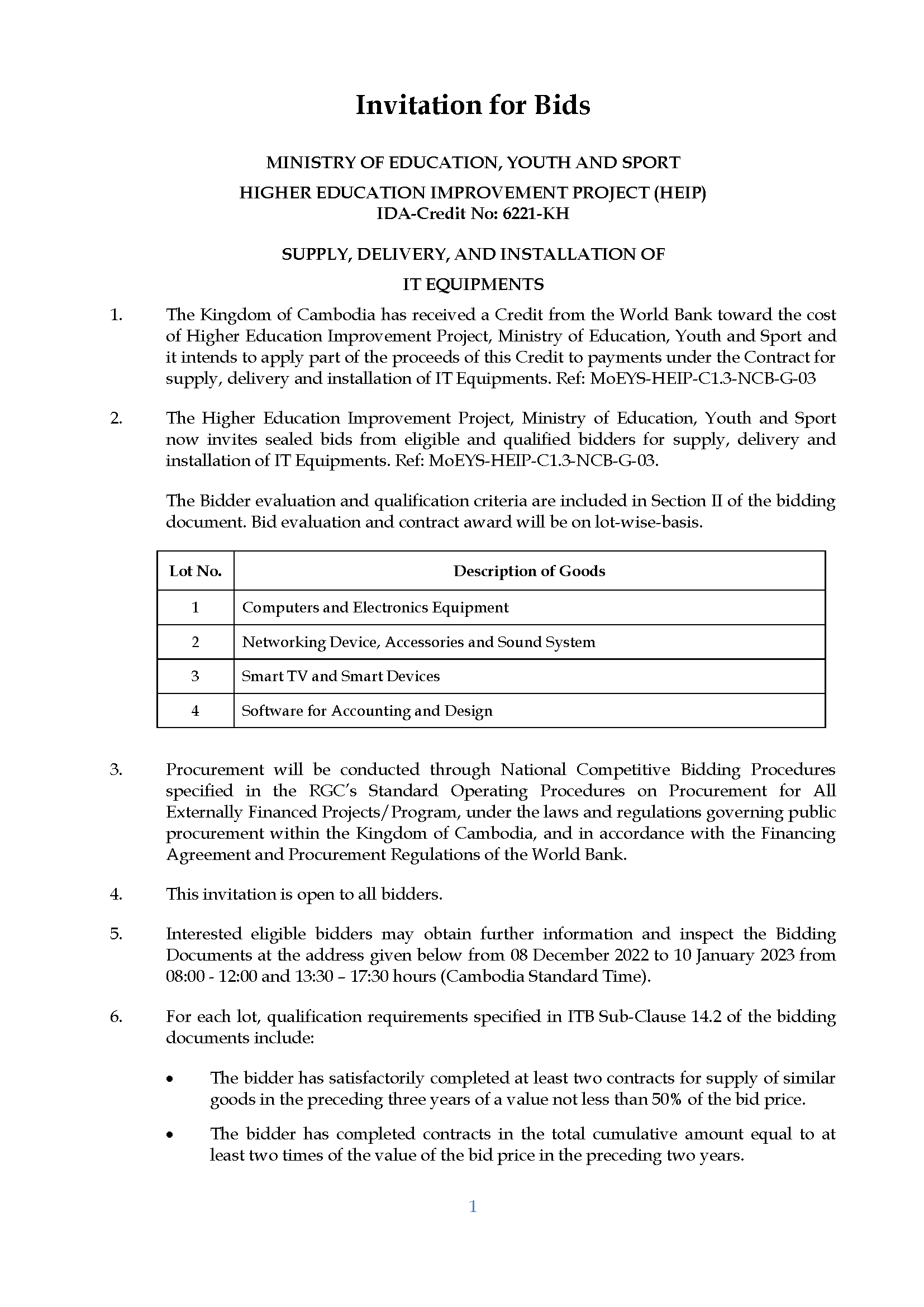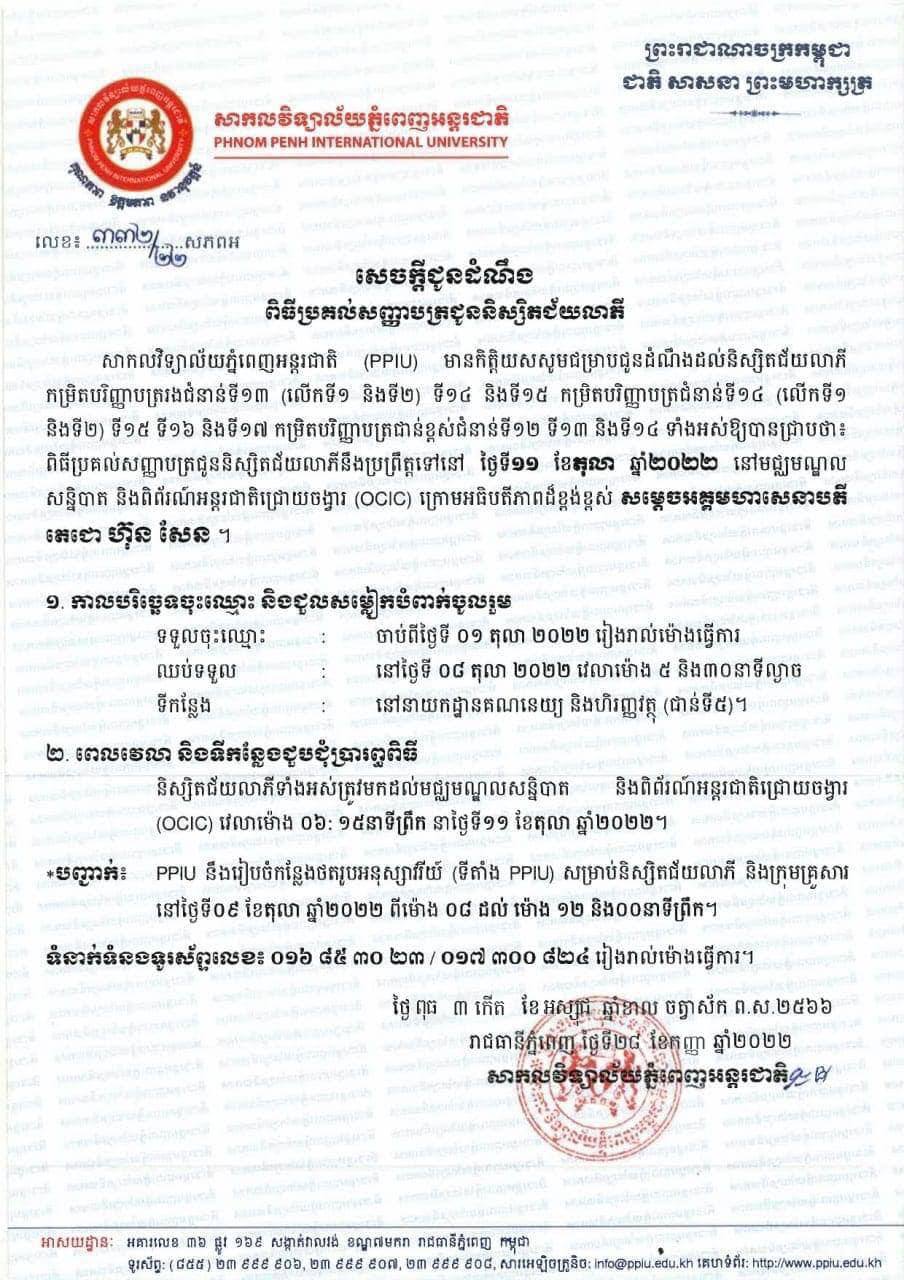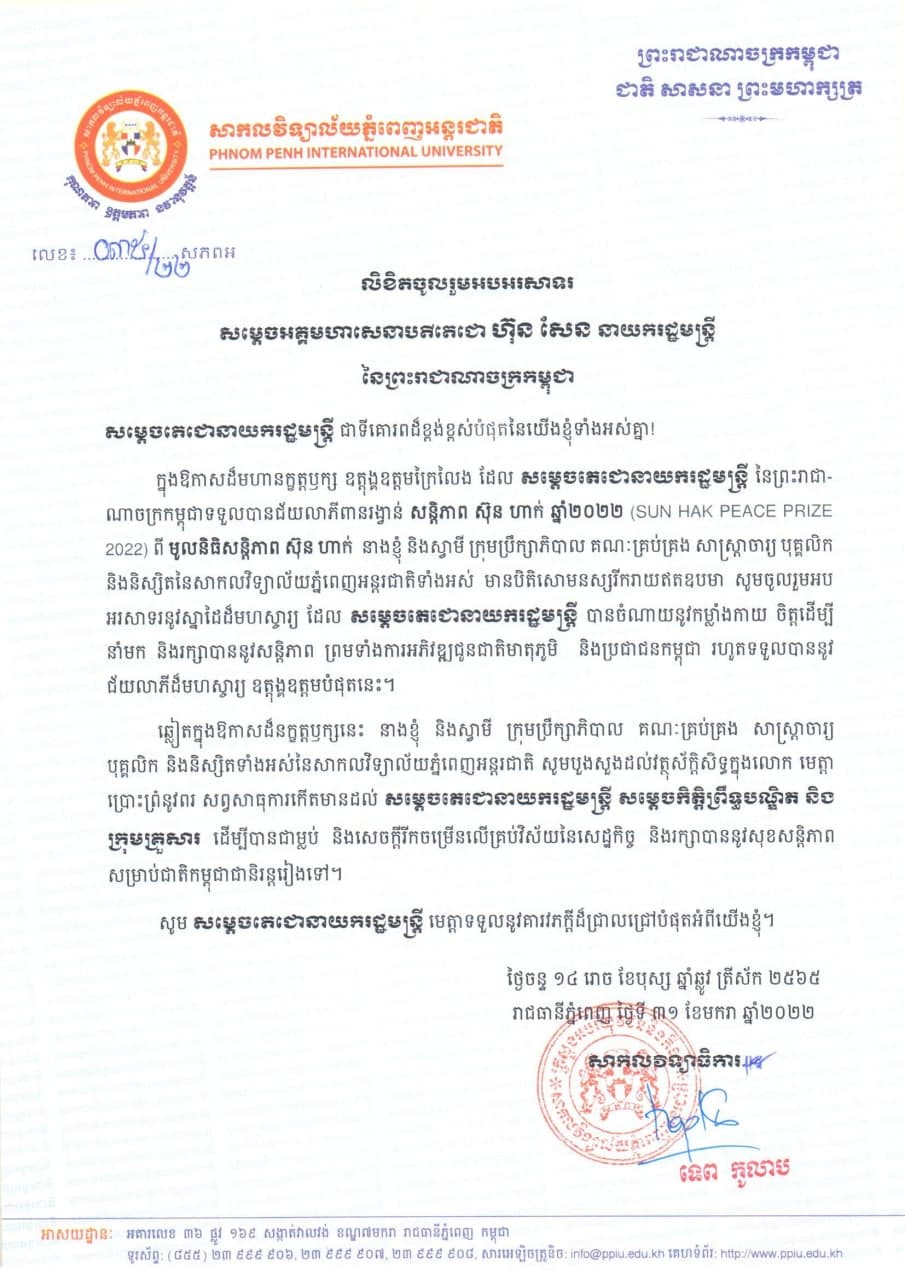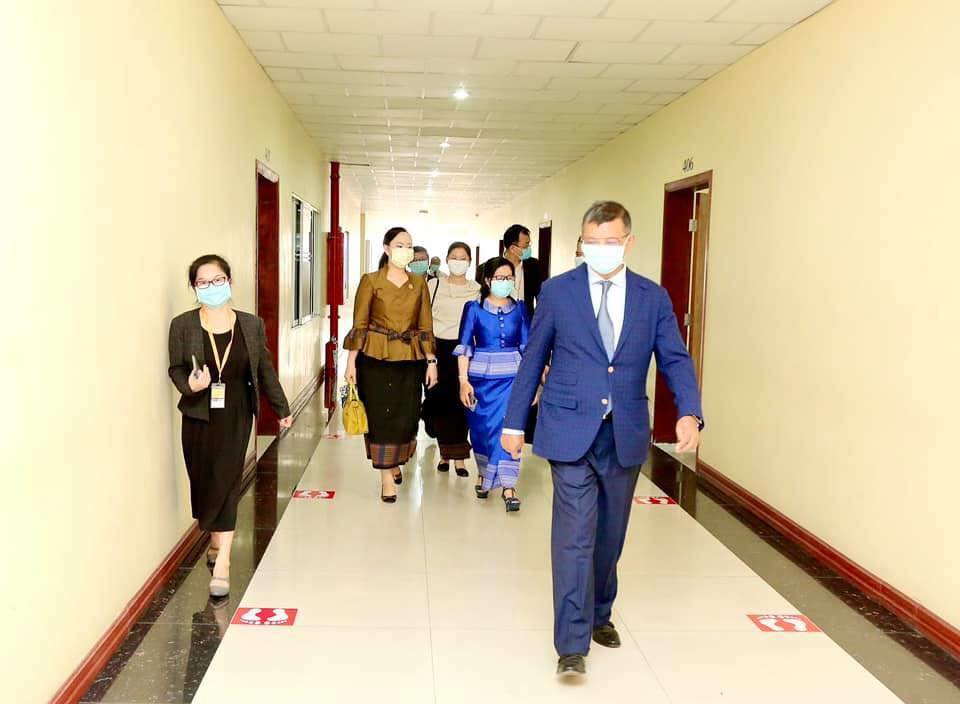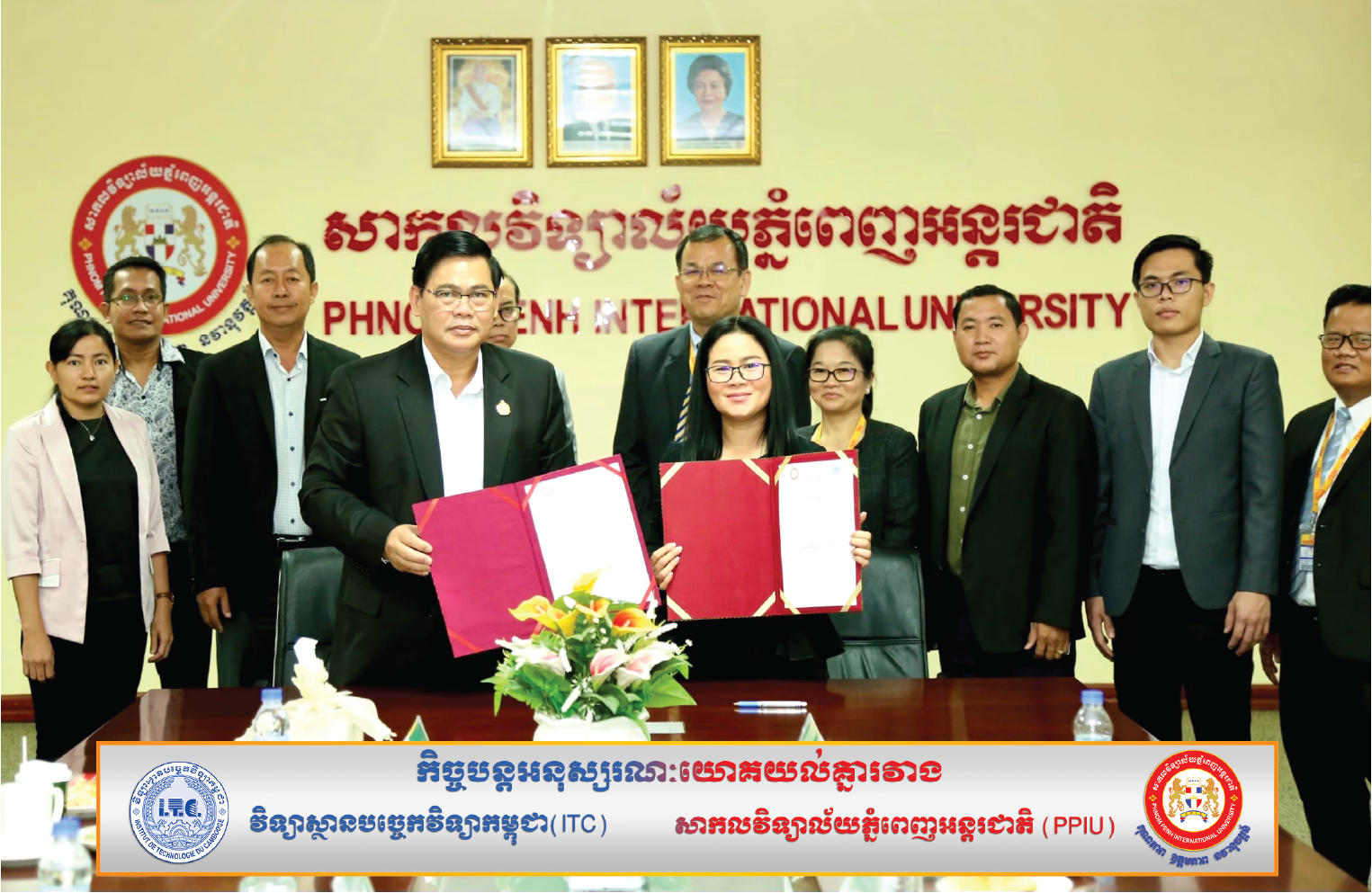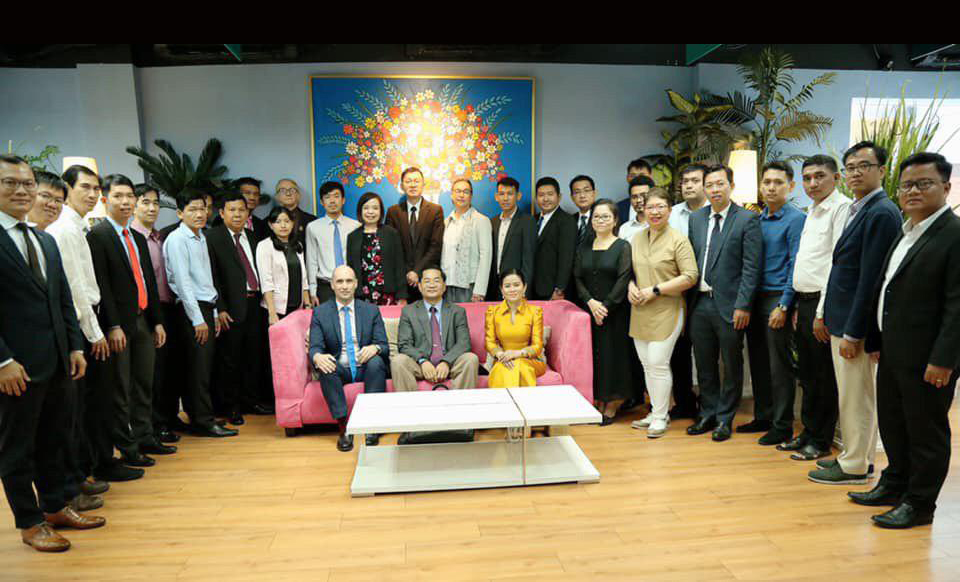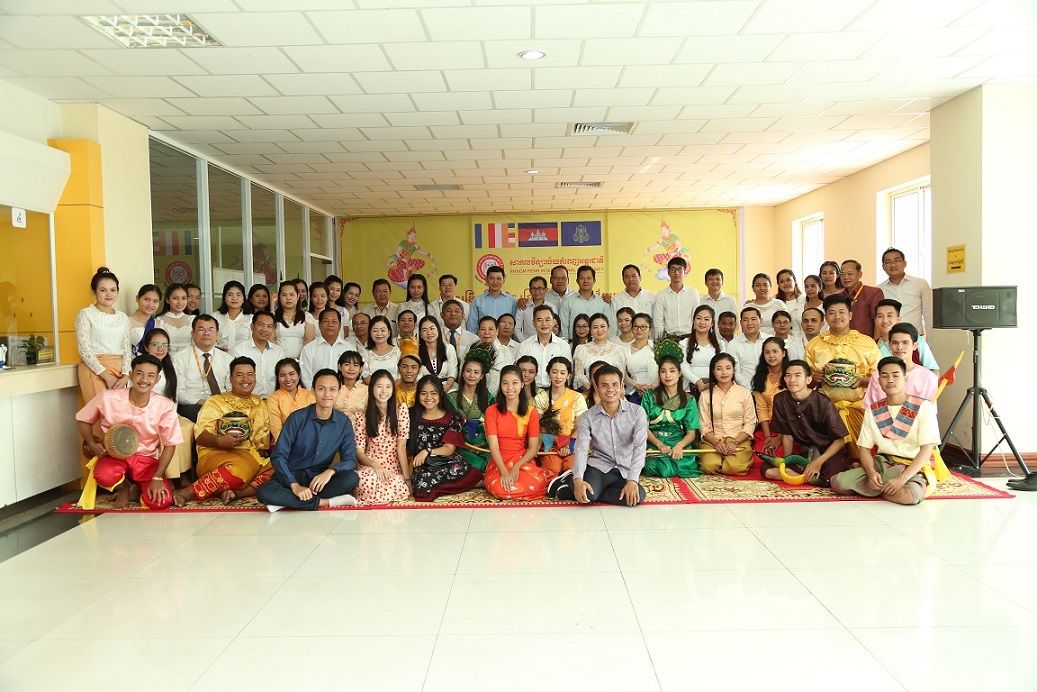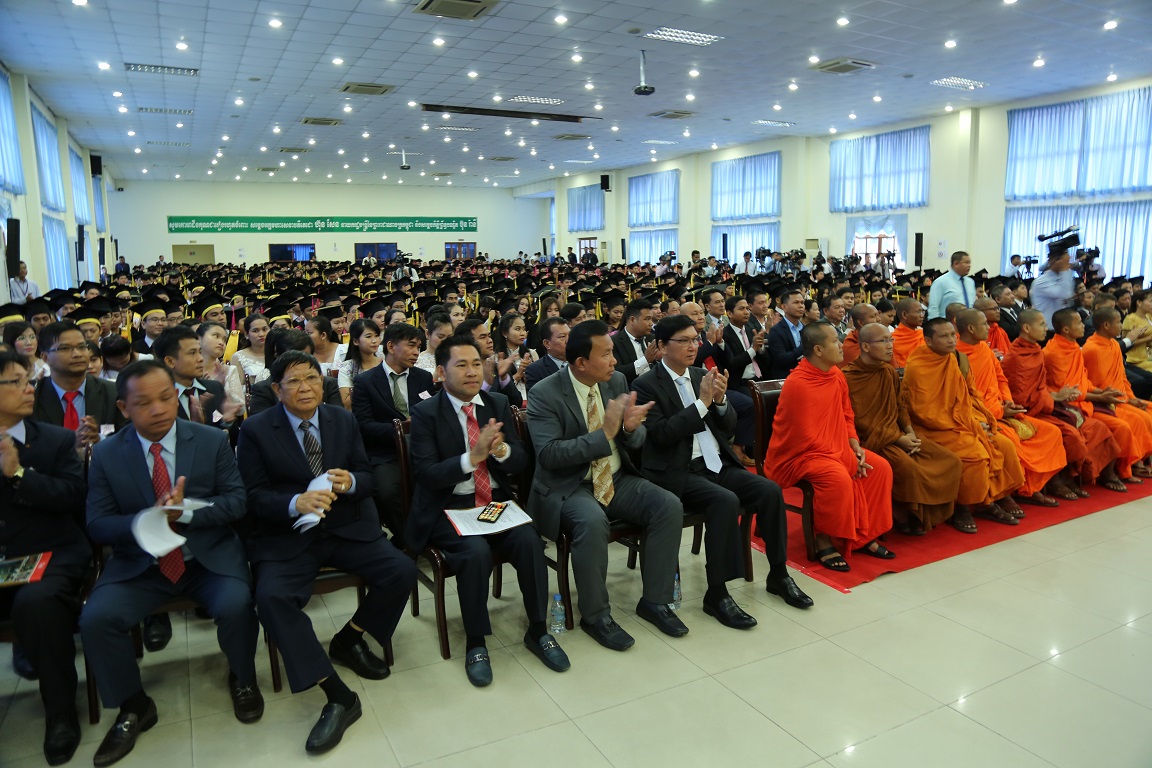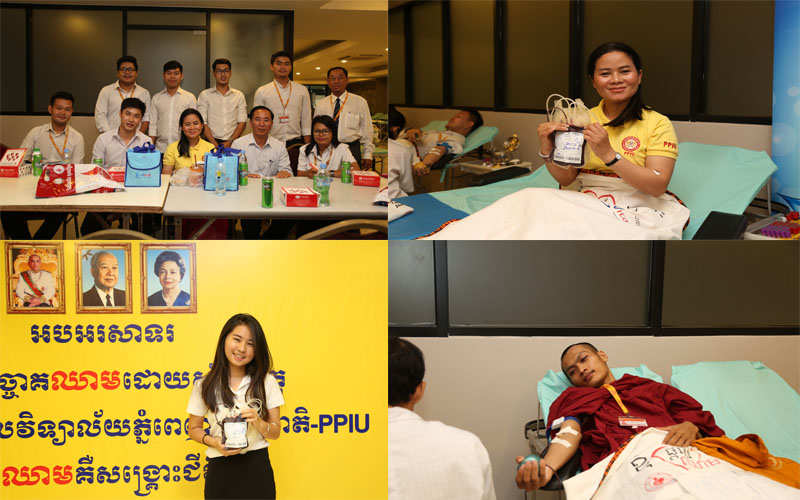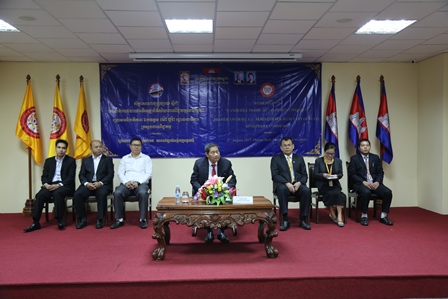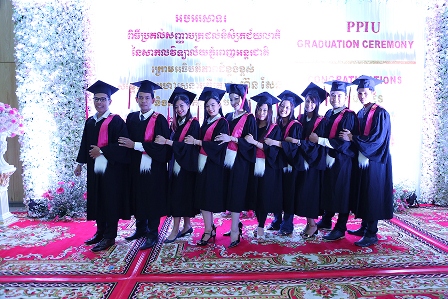
- αûÄαûΕαûöαûÖαûΦαû¦αûöαüÄαû™
- αûüαûΖαûÄαü£αûüαûΕαû£αûΖαûÄαûΕαûö
- αûÄαû‰αü£αûöαûΖαûèαûüαûΖαûÄαü£αûüαûΕ
- αû‰αû†αûΕαû€αûΖαûëαü£αûôαûΕαû¦αüêαûô
- αû‰αû†αûΕαû€αûΖαûëαü£αûôαûΕαû¦αüêαûôαû€αûΖαûëαü£αûôαûΕαûüαûΕαûüαü£αûöαü£αûè αû™αûΖαû³αû•αüêαûèαü¨αû‰αûΕαû™αû€αûΖαûëαü£αûôαûΕ
- αû‰αû†αûΕαû€αûΖαûëαü£αûôαûΕαû¦αüêαûôαû•αûΕαûéαûΖαû΅αü£αû΅αûüαûΕαûüαü£αûöαü£αûè-αûëαü¹αûüαûÖαûöαûéαüç
- αû‰αû†αûΕαû€αûΖαûëαü£αûôαûΕαû¦αüêαûôαû™αûΗαûèαûΖαûüαûΕαûüαü£αûöαü£αûè-αûüαü¹αûäαü£αû΄αûÄαûΖαûÖαü£αûÖ
- αû‰αû†αûΕαû€αûΖαûëαü£αûôαûΕαû¦αüêαûôαû€αûΖαûëαü£αûôαûΕαûüαûΕαûüαü£αûèαü£αûöαûΔαûîαü΄αûöαüÜ
- αûΔαûèαûΗαûèαû™αûΖαûüαûΖαü£αûüαûè
- αû•αüêαûèαü¨αû‰αûΕαû™
- αûîαûéαü£αûéαûΕαû¦αüêαûô
- αûΔαüÜαû•αûΗPPIU
- CONTACT
αû‰αû†αûΕαû€αûΖαûëαü£αûôαûΕαû¦αüêαûôαû€αûΖαûëαü£αûôαûΕαûüαûΕαûüαü£αûèαü£αûöαûΔαûîαü΄αûöαüÜ
The overall aim of the program is to develop students’ capacity in using English in all genres of competencies regionally and internationally. The graduates will have in-depth of understanding all kinds of social affairs communicated in English within wide range of political economy. Four macro-skills are polished in order to broaden language proficiency, fluency, and accuracy.
The program is ready to commence with quality and standard in accordance to National Qualifications Framework for Higher Education in 2015. Therefore, the university mission is to nurture academic excellence as the country’s premier business-knowledge-enhanced place of learning, providing business know-how for graduates in all disciplines, and to stay ahead in shaping business leaders and knowledge experts of tomorrow in an international academic and research atmosphere. In order to achieve the above goals, the program’s curriculum development is a must. It focuses on fostering critical and creative thinking and independent working skills so that students enter the professional world more fully equipped to respond to its needs with knowledge in both English language and business.
Next, quality concern is another portion that university never take it for granted; after having good curriculum, staffs’ training focus is also crucial in order to maximize the English educating quality; staffs need to be constantly provided in-service training—staffs who have been employed and they receive more training to advance their instruction ability.
In Cambodia, the Department of Higher Education (DHE) plays an important role to oversee and maintain the implementation of the curriculum; this institution has to conducts workshops and other meetings with specialists and other relevant stakeholders to develop and cross check the quality and the implementation of curriculum; the curriculum must meet the academic requirements of assisting students to learn and develop cognitively in an optimum way, at the same time as equipping students with the professional skills and knowledge necessary for success in highly competitive national and international environments.
English is the global language and is increasingly necessary in all areas of business, especially with the coming 2015 ASEAN Community where English will definitely become means of communication. Like all nations, countries in the region are not immune to world economic trends, and have been affected by recent global economic crises. For Bachelor Degree graduates, the job market is as competitive as ever, and this competition has been added to by a growth in the number of higher education institutions. Curricula must equip students with as many skills and competencies as possible if these students are to succeed in this very competitive environment.
αüΓ αûîαûöαûΖαûâαü£αûâαûΕαûîαûèαü£αûöαûöαû³ (Associate Degree)
Vision
The Associate Degree Program in English is designed for highly qualified associate diploma holders to meet work force demand which English is tremendously used. Learners learn more practical English language which can be used to apply at work place effectively in various fields such as teaching, tourism, business, and financial sectors, etc… Moreover, this program develops personal confidence, and the competency of communication skills which English is required; it provides not only the hard skills related to English use and usage, but also soft skills which enable learners to allocate themselves into business world and culture.
Goal
Our program aims to produce human resources that meet the current trend of job market where English is widely used. It also aims to accommodate the successful degree holders from this program to fit themselves in the regional competitive working environment, especially in the upcoming ASEAN community integration by 2015.
Mission
Our mission is to provide concrete and useful knowledge for learners in very short time by using an applicable mechanism:
- The curriculum that enrich knowledge and practice to prepare learners for real work environment,
- Effective instructions of students’ activities orientation,
- Highly qualified lecturers—academically and pedagogically,
- Sufficient time and contents that enable learners to be transmitted the knowledge,
- Cooperation with partnered companies to provide internship opportunities and prospective employment,
- Exchange students abroad with partnered universities to regionalize and globalize knowledge of the learners
αüΔ αûÄαû‰αü£αû‰αû€αûΖαû£αûΗαûüαûΖαûÄαü£αûüαûΕ
|
Year |
Code |
Course Title |
Level and objectives |
|
1-1 |
ENGA101 |
General English1 |
Pre-inter levels; it channels up the English knowledge where students have previously learned. |
|
ENGA102 |
Listening and Speaking Skills 1 |
Build up listening and speaking capacity by providing practical techniques. |
|
|
ENGA103 |
Basic Writings |
Provide the knowledge related to part of speech, clauses, punctuations, words in context that leads to the strong ability of writing. |
|
|
ENGA104 |
Computer Literacy |
Enable students with the ability of computing; it helps students proceed their academic document as well as proceed works in workplace. |
|
|
ENGA105 |
Effective Reading Strategies |
Provide techniques for effective reading plus chances to learn more vocabulary and context use appropriately. |
|
|
1-2 |
ENGA106 |
General English2 |
Continuation step of providing more English upgrading opportunities: tense system, vocabulary, social language, and other grammatical points. |
|
ENGA107 |
Listening and Speaking Skills 2 |
The second step of build up listening and speaking capacity by providing practical techniques. Learners involve more with real environment of English use and usage. |
|
|
ENGA108 |
Paragraph Writings |
The extension of writing development to paragraph writing: definition of paragraph, parts of paragraph, words using, and more practice. |
|
|
ENGA109 |
Public Administration |
This course offers office skill, letter writing, and administrative procedures. |
|
|
ENGA110 |
Critical and Comprehensive Readings |
Students deal with multi-topic genres that provide extensive reading into various texts such as politics, science, business, agriculture, and trade. |
|
|
2-1 |
ENGA201 |
General English3 |
The general English comprehension will be provided; more English upgrading opportunities: tense system, vocabulary, social language, and other grammatical points. |
|
ENGA202 |
Business Concepts1 |
Students extend their knowledge with business concepts that are really important to prepare students for effective business-related works. |
|
|
ENGA203 |
Essay Writings |
Students will practice writing essay. |
|
|
ENGA204 |
Principles of Management |
To provide students with management concepts (planning, organizing, leading, and controlling) with all management levels. |
|
|
ENGA205 |
Situational Communications |
An effective personal skills in communicating is instructed here; appropriate manner at suitable time is significantly important while communicating. |
|
|
2-2 |
ENGA206 |
General English 4 |
This final stage of providing general English is allocated here. Learners advance their English ability related to tense system and other grammatical points, social language, and formal and informal language. |
|
ENGA207 |
Business Concepts2 |
Students extend their knowledge with business concepts that are really important to prepare students for effective business-related works. |
|
|
ENGA208 |
Business Writings |
Students learn and practice writing like proposal, memo, reports, CV, etc… |
|
|
ENGA209 |
Introduction to Teaching and Training Methodology |
Equip students with teaching and training techniques; how to teach or train effectively. |
|
|
ENGA210 |
Effective Workplace Communication |
This course provides more knowledge related to values, attitudes, manner, general human relation, and other etiquettes; the prospective office workers will lead their lives in office with highly prestigious manner. |
αüΘ αûîαûöαûΖαûâαü£αûâαûΕαûîαûèαü£αûöBachelor Degree
The Bachelor program in English is designed to meet work force demand which English is tremendously used. The graduates from this program are expected to work in the field of teaching, translating and interpreting, as well as those in the fields of tourism, hospitality and business, particularly where English proficiency is required. In response to the need for capable human resources, Phnom Penh International University (PPIU) which has the Faculty of Education Science as its practitioner has established three English programs as, firstly, English for Education which focuses on Teaching English as a Foreign Language (TEFL); secondly, the English for Business which aims to provide English for Work Skills. Both degrees are professionally recognized and vocationally focused, and offer practical learning experiences for all students. The courses are four-year programs which are designed to meet the demands from commercial, public and voluntary sectors requiring professionals with advanced skills in English. Thirdly, the English for Specific Academic Purposes (ESAP) which was designed distinctively for promoting English among students in other academic fields beside English for Education; this special English program is provided to students who take business field from year I to year II semester I. All students need to take part in the university's Foundation Year program, acquiring the general knowledge and basic ethical principles necessary for further university study. For students whose degrees in English for Education and English for Business complete the same courses throughout Years II and III, before specializing in their specific area of English studies and skills in Year IV.
The English for Education program develops students' professional skills in teaching English as Foreign Language (TEFL) at a secondary and tertiary school levels. Apart from coursework, a practicum (teaching practice) and ongoing individual learning are important aspects of the course.
The English for Business program enhances students' English knowledge and ability for employment in a variety of administrative and developmental roles requiring high-level English skills. In a more focus of the description of this program is to provide English for work skills. In year IV, students do study the specialized subjects: Business Communications, Public Relations International Business, Research Methodology, Translation Skills, and English for Business.
Admission
In order to enroll in the program, all students have to:
- Hold a High School Certificate or a qualification deemed equivalent by the Ministry of Education, Youth and Sport (MoEYS). Alternatively, they must have a B.A. or an associate degree in any field from a recognized university or institute.
- Pass a 90-minute English entrance examination administered by the Faculty of Education Science, PPIU.
- Fill out the formal form of application which is essential for the registration requirement and for the validity of student enrollment which is validated by the Ministry of Education, youth and sports.
Assessment
- Assessment and examination
Students' academic performance is assessed seriously in each semester. A good score in one semester cannot compensate for a fair or poor score in the other. Students are assessed in two ways:
- On-going assessment (55%), based on class attendant and participation (10%), homework, assignments, oral presentations (20%), and mid-term test (25%), and
- Final Examination (45%)
The score(s) that students earn for the on-going assessment is announced at the end of the course before they take the final test. To do this students are able to recognize how many marks or scores they have earned, and they know how many more scores they need to be accessed.
Before announcing the final result (the on-going assessment and the final), the management team and the academic personnel are invited to cross-check to guarantee the accuracy and validity of the result.
- Promotion
Students must fulfill all academic and attendance requirements in order to be promoted to the next level. In order to pass a subject, students must achieve a score of AT LEAST 60%.
Curriculum
|
Year |
Code |
Course Title |
Description |
|
1-1 |
ENG101 |
Core English I |
This subject focuses on the improvement of students' macro skills: reading, listening, writing and speaking, and knowledge of grammar, e.g. the tense system, everyday English, gerunds, question forms, and other discourse analysis. |
|
ENG102 |
Academic Writing I |
This subject equips students with structure of phrases, sentences, paragraphs, development of paragraphs, structure of essays, unity and coherence in writings. It focuses on developing students' skills and competency in academic writings in all forms. |
|
|
FOY101 |
Philosophy |
|
|
|
CSE101 |
Computer Literacy |
This course provides students with practical skills with the use of computers. Tools and specific programs in computers that serve their studies like Microsoft Word, Excel, Internet and E-mail, etc. |
|
|
ECO101 |
History of Economic Thoughts |
|
|
|
1-2 |
ENG106 |
Core English II |
It goes further from ENG 101. It also stresses the ability in using more complicated vocabulary, phrases, and sentences. It also helps students consolidate their advanced English knowledge which is used in every social context. |
|
ENG107 |
Academic Writing II |
This is an upper-intermediate course planned to give students sufficient practice in writing various paragraphs through five main units, such as What is a Paragraph?, Developing Ideas for Writing a Paragraph, The Topic Sentence, Supporting and Concluding Sentences, and Paragraph Review |
|
|
ENG108 |
Literature Studies I |
The main aim of the subject is to assist students to become effective, independent readers with a capacity to analyze and respond critically to what they read. It provides intensive and extensive practice in reading and speaking, and in analysis of language. Students will also develop knowledge of major literary genres of English Literature and an ability to identify linguistic features of texts (both fiction and non-fiction). |
|
|
ENG109 |
Cultural Studies I |
Cultural Studies or Global Studies aims to introduce contemporary global issues and develop knowledge in specific content-based language. Students will be able to use language appropriate for each of the issues and debate about concepts and issues related to them. It includes such themes as Families, Festivals and Celebrations, Landscape and Environment and Agriculture, Politics, Geography, and all other social issues. |
|
|
PAD102 |
Public Administration |
Provides students with administrative knowledge. Work process, document process, channels of communication, and other public relation in offices. |
|
|
2-1 |
ENG201 |
Core English III |
This course is carefully designed to equip students with upper-intermediate English proficiency in the four macro skills with a strong emphasis on lexical and grammatical aspects of the language. In this course, students are expected to undergo a series of lessons which will enhance and broaden their knowledge and skills in using English more fluently and accurately. |
|
ENG202 |
Academic Writing III |
This is an upper-intermediate course proposed to provide students with adequate practice in exploring and writing six core units: Definition Paragraphs, Process Analysis Paragraphs, Descriptive Paragraphs, Opinion Paragraphs, Narrative Paragraphs, and Paragraphs in an Essay |
|
|
ENG203 |
Literature Studies II |
This Literature Studies II is designed to equip students with language skills, critical thinking skills, literary elements and a wide range of critical theories through learning to critique, analyze, conclude, evaluate, infer, and compare the events, theories and situations |
|
|
ENG204 |
Cultural Studies II |
This course is designed to broaden students’ knowledge of the historical and contemporary world order and transition between the former and the latter. Various aspects of the global key factors such as Globalization, Nation-State system, International Organizations, Non-Governmental Organizations, Human Rights, and Global Climate Change are incorporated into the course so as to open students’ mind to eye the whole world beyond their daily surroundings. |
|
|
ENG205 |
Communication Skills I |
This course provides students with the ability of improving oral and written communication skills through preparation and presentation of written and oral information. Students learn how to be great public speakers, debaters, and successful communicators. Students will be able to use these knowledge and skills to communicate effectively in the workplace in both oral and written forms and to establish and maintain a working relationship. |
|
|
2-2 |
ENG206 |
Core English IV |
This course is carefully designed to equip students with upper-intermediate English proficiency in the four macro skills with a strong emphasis on lexical and grammatical aspects of the language. In this course, students are expected to undergo a series of lessons which will enhance and broaden their knowledge and skills in using English more fluently and accurately |
|
ENG207 |
Academic Writing IV |
This is an upper-intermediate course proposed to provide students with adequate practice in exploring and writing six core units: Definition Paragraphs, Process Analysis Paragraphs, Descriptive Paragraphs, Opinion Paragraphs, Narrative Paragraphs, and Paragraphs in an Essay: Putting It All Together. The important aim of this course is to help the year 2, semester 2 learners to expand their paragraphs into specific types of paragraphs without plagiarism. |
|
|
ENG208 |
Literature Studies III |
This Literature Studies III is designed to equip students with language skills, critical thinking skills, literary elements, and a wide range of critical theories through learning to critique, analyze, conclude, evaluate, infer, and compare the events, theories and situations which reflects the real life, and appreciate the stories |
|
|
ENG209 |
Cultural Studies III |
In the continuation of Semester 1, this course is designed to further broaden students’ knowledge of other global challenges and measures to deal with them in the past and the present. And again, various aspects of the global key factors such as Infectious diseases, Gender, War, and Peace are addressed in this course in order to further equip students with awareness and comprehension of the world beyond their eyesight. Be endowed with this knowledge and understanding, students will be able to bespeak their viewpoints in social gatherings, formal discussion, debates, and even in some relevant job interviews. |
|
|
ENG210 |
Communication Skills II |
This course provides students with the ability of improving oral and written communication skills through preparation and presentation of written and oral information. Students learn how to be great public speakers, debaters, and successful communicators. |
|
|
3-1 |
ENG301 |
Core English V |
This course is designed to equip students with advanced English proficiency in the four macro skills with a strong emphasis on advanced lexical and grammatical aspects of English. In this course, students will be carefully guided to develop and achieve their full potential through structurally integrated syllabus where a maximum amount of practice is encouraged. |
|
ENG302 |
Academic Writing V |
This is an advanced course designed to give students ample practice in developing and writing different types of essays in five main units: Exploring the Essay, Narrative Essays, Comparison Essays, Cause and Effect Essays, and Argumentative Essays. The aim of this course is to help the year 3, semester 1 students to put paragraphs, they learnt from the previous semester, into an essay |
|
|
ENG303 |
Literature Studies IV |
This Literature Studies IV is designed to equip students with language skills, critical thinking skills, and critical theories of Feminist and Maxist Criticisms to enable them to reflect and analyze the stories into their own ways of living. Two stories are included in this semester. |
|
|
ENG304 |
Cultural Studies IV |
This course is designed to broaden students’ understanding of various cultural contexts starting from individuals to society as a whole. It enables students to clearly understand the meaning of culture and the values of differences and adjust with different life styles in a society. |
|
|
ENG305 |
Communication Skills III |
This course is designed for junior students in the first semester. The course book used is North Star- Listening and Speaking Advanced, second edition, written by Sherry Preiss. Five units (units 1-5) are covered in the first semester. This course primarily focuses on listening and speaking along with other integrated skills such as critical thinking skills, pronunciation, vocabulary, and grammar. |
|
|
3-2 |
ENG306 |
Core English VI |
This course is designed to equip students with advanced English proficiency in the four macro skills with a strong emphasis on advanced lexical and grammatical aspects of English. In this course, students will be carefully guided to develop and achieve their full potential through structurally integrated syllabus where a maximum amount of practice is encouraged. The students will also be more confident and competent in using the language fluently and accurately, and they will realize that they acquire a broad understanding of how English language works upon completing the course.
|
|
ENG307 |
Academic Writing VI |
This is an advanced course, in which twelve units are included: Review of the Essay, Choosing a Topic, Peer Review, Researching, Outlining, Avoiding Plagiarism, The Language of the Research Paper, Writing the First Draft, In-Text Citations, Academic Language, Editing Your Paper, and Presenting Your Research. |
|
|
ENG308 |
Literature Studies V |
This Literature Studies V is designed to equip students with language skills, critical thinking skills, and critical theories of Psychoanalytic Criticism to enable them to reflect the stories into their own ways of living. Two stories are included in this semester. Cry Freedom reflects on how racism was created compared to how it is still present in society today by examining how modern racism is in a way masked through language and actions. |
|
|
ENG309 |
Cultural Studies V |
The themes of this course include Gender Issues, Politics and Government, Education, War & Peace, and Development. The course aims at helping improve students' general knowledge of contemporary world issues and English language skills at the advanced level. |
|
|
ENG310 |
Communication Skills IV |
This course is designed for junior students in the second semester. The course book used is North Star: Listening and Speaking Advanced, second edition, written by Sherry Preiss. Five units (units 6-10) are covered in the second semester. This course primarily focuses on listening and speaking along with other integrated skills such as critical thinking skills, pronunciation, vocabulary, and grammar. |
|
|
REM301 |
Research Methodology |
This subject is intended to provide students with essential research concepts and designs and to help them conduct basic research mainly in the fields of linguistics, education, and business in their final year at the university. |
|
|
4-1 |
ENG401 |
Teaching Methodology I |
This subject focuses on providing trainees or prospective graduates with the knowledge of teaching principles and techniques that they can apply in their own classes. The main themes of this course are to train Teaching Techniques, Classroom Management, Lesson Planning and Delivery, Syllabus and Materials Design, and Language Testing. |
|
ENG402 |
Applied Linguistics I |
This subject has been allocated for students to study to give theoretical support to the Teaching Methodology subject. Describing Learners and Teachers, Phonetics and Phonology, Discourse Analysis, and Language and Society are some of its topics. |
|
|
ENG403 |
Foundations of Education |
This subject deals with the philosophies and aims of education in general, and focuses on theories of Social and Cognitive Development. Students will investigate the influence of Nature and Nurture on Human Growth and Development and other aspects of Educational Psychology. |
|
|
|
ENG411 |
Translation Skills |
This course aims to provide students with the ability of translation and interpretation to become translators and/or interpreters in cross-cultural communication. |
|
4-2 |
ENG406 |
Language Testing and Assessment |
This course provides insight of being qualified trainers by providing method and scientific knowledge of making test paper as well as how to evaluate students’ abilities. |
|
ENG407 |
Applied Linguistics II |
This subject has been designed to give theoretical support to the Teaching Methodology subject. Describing Learners and Teachers, Phonetics and Phonology, Discourse Analysis, and Language and Society are some of its topics. Students need to prepare well before each week's classes by reading and thinking critically about the topics/themes assigned by their respective lecturers. |
|
|
ENG408 |
Psychology for Language Teaching |
The course provides educational theories that enable high learning outcome. Practical learning and teaching mechanism are discussed; the human brain process in absorbing new knowledge is also lecture. |
|
|
EDU409 |
Teaching Practicum |
The practicum is conducted in Year 4, Semester 2 in classroom at the same campus. Students perform their teaching in front of their peers and senior lecturers. Their names are located to teach at least three times in class; one time is for comments and feedback, and another is for final assessment and comments. Trainees are expected to apply the teaching techniques and theories they have learnt in class to the real classroom situations. They lean not only to project their teaching technique in real classroom but also other embedded knowledge and experiences as teachers or lecturers at the concerned levels. |
|
|
ENG416 |
Research Paper |
It is essential for students to produce a written work at the end of their bachelor academic years. Students are subjected to write paper of a specific topic which is considered as problematic issue in society. Some requirements are needed to be legible for writing. |












